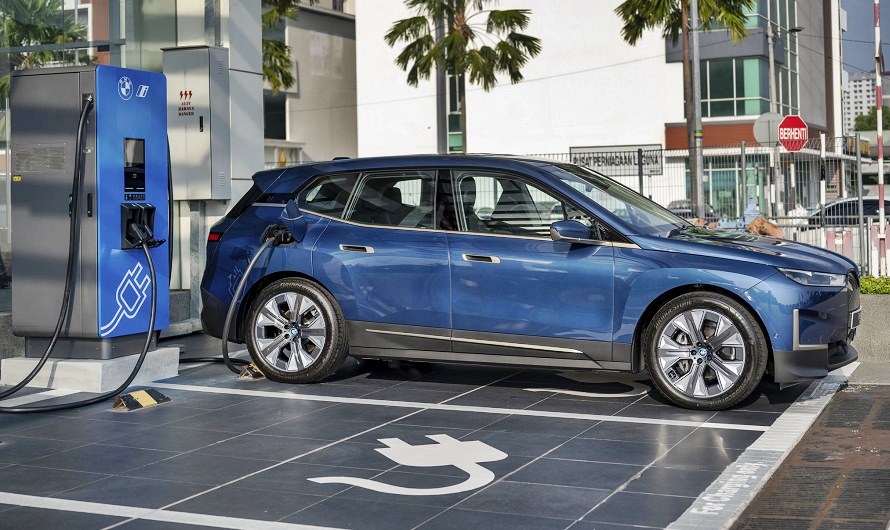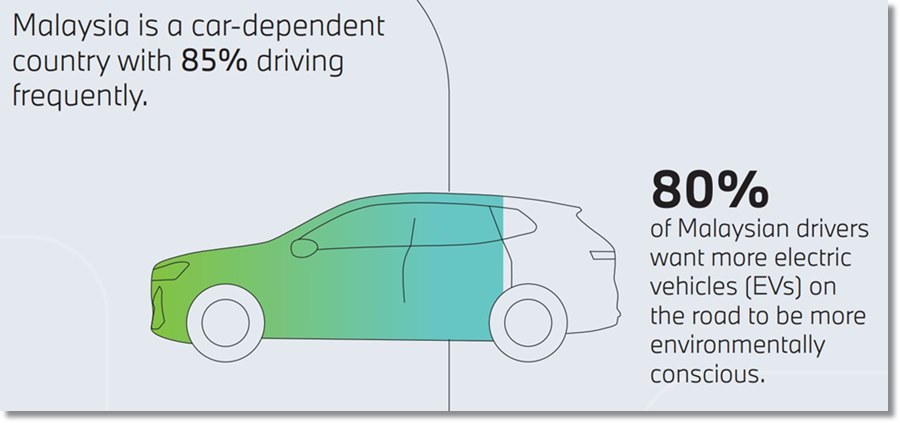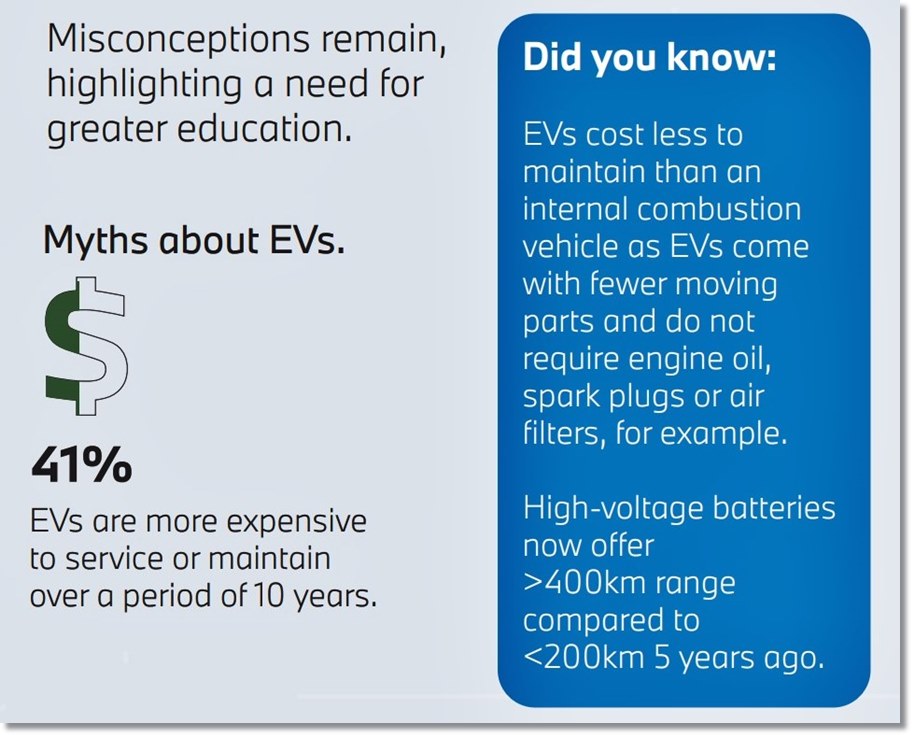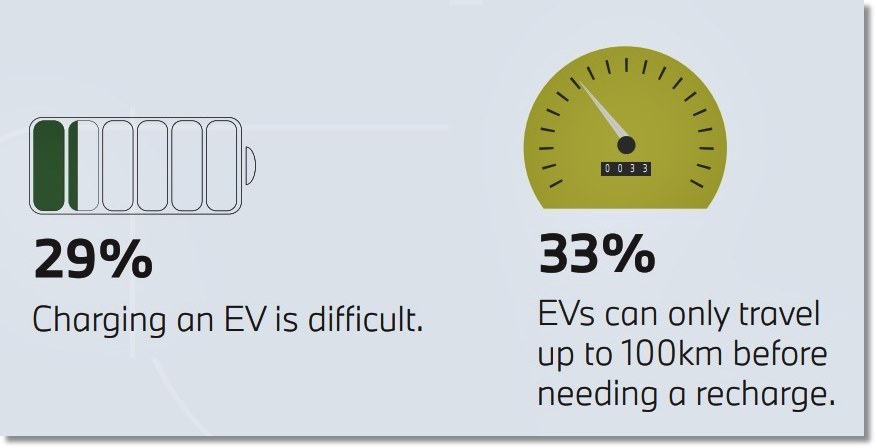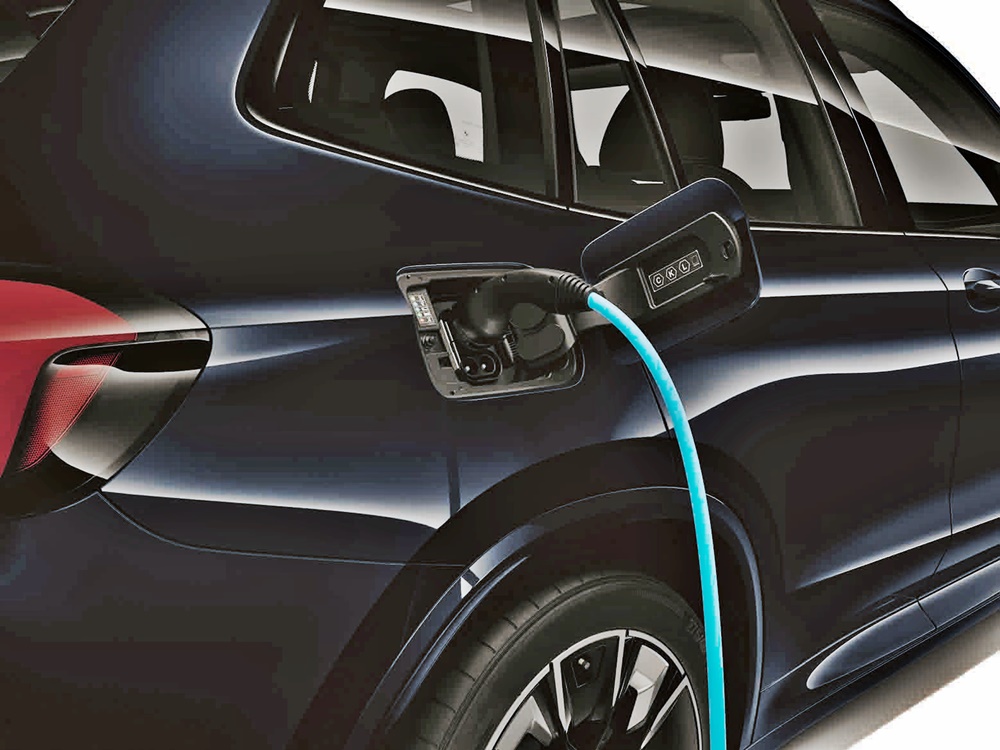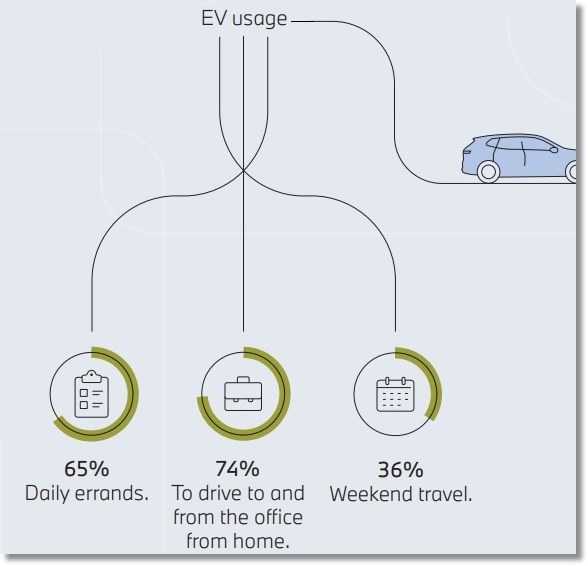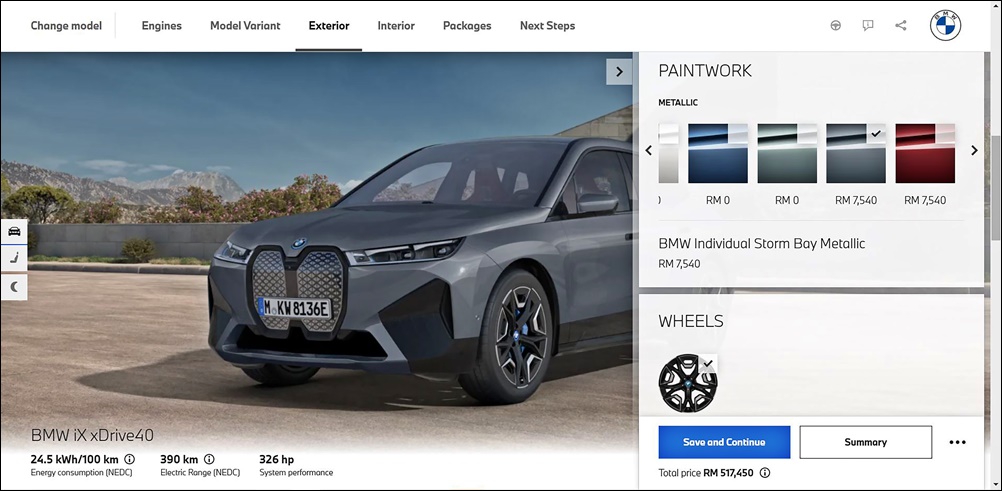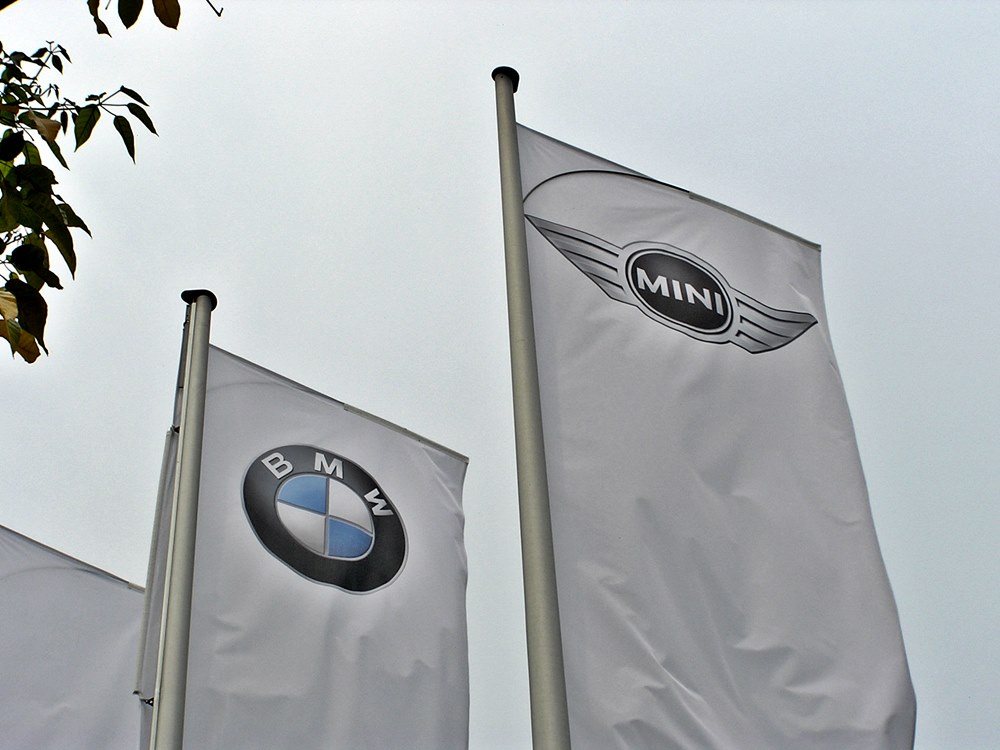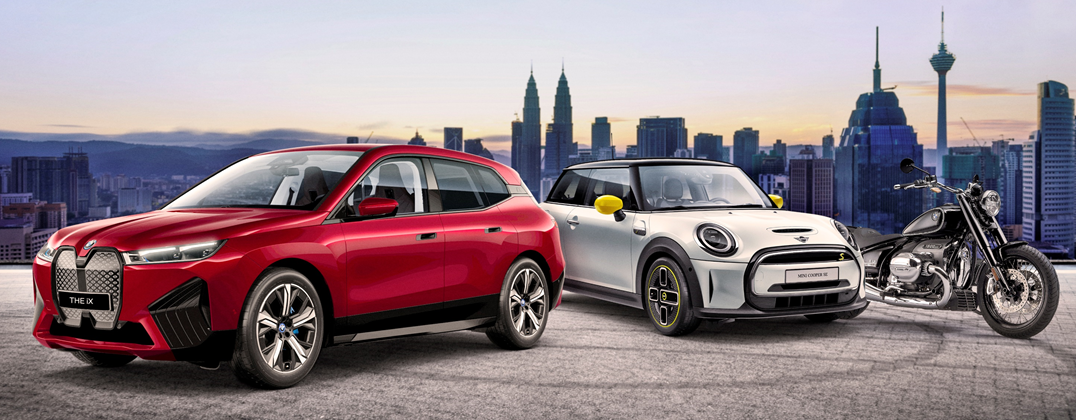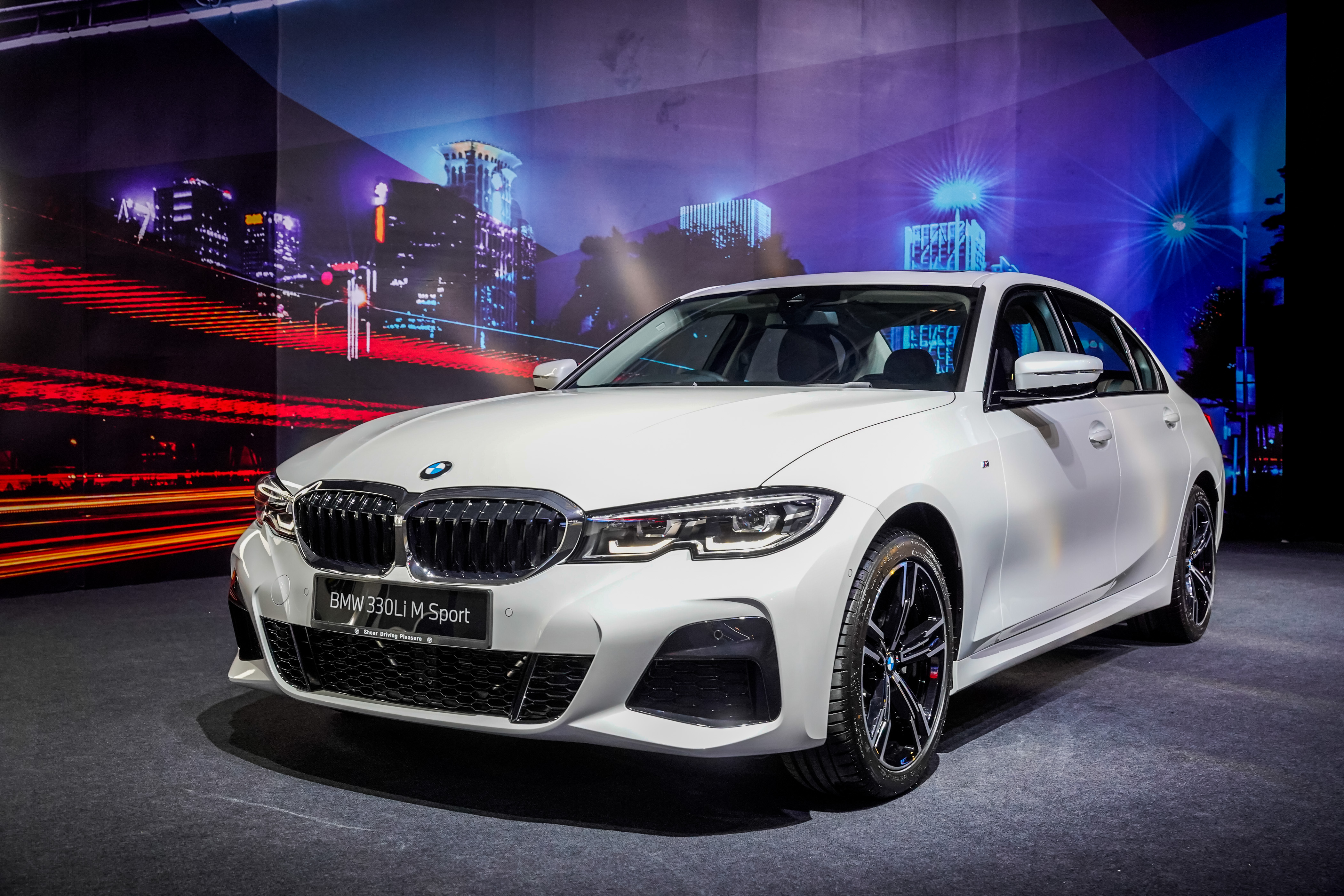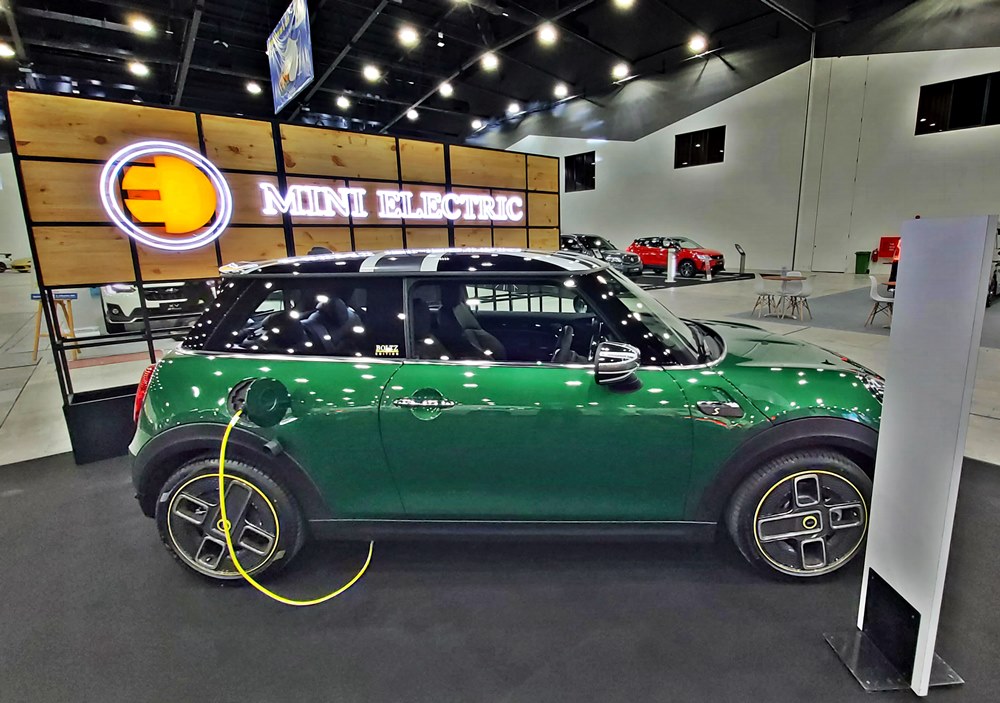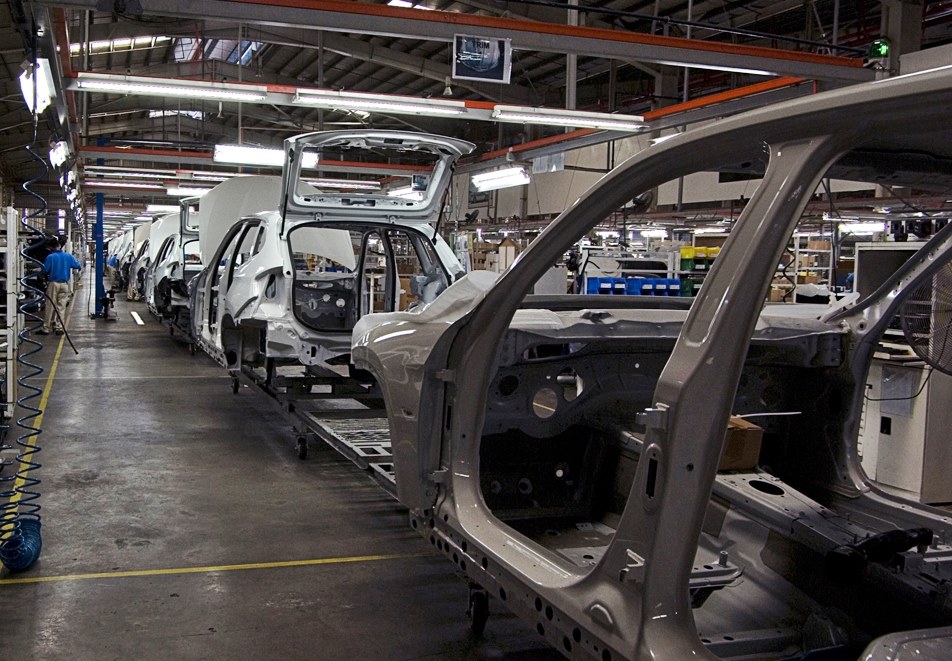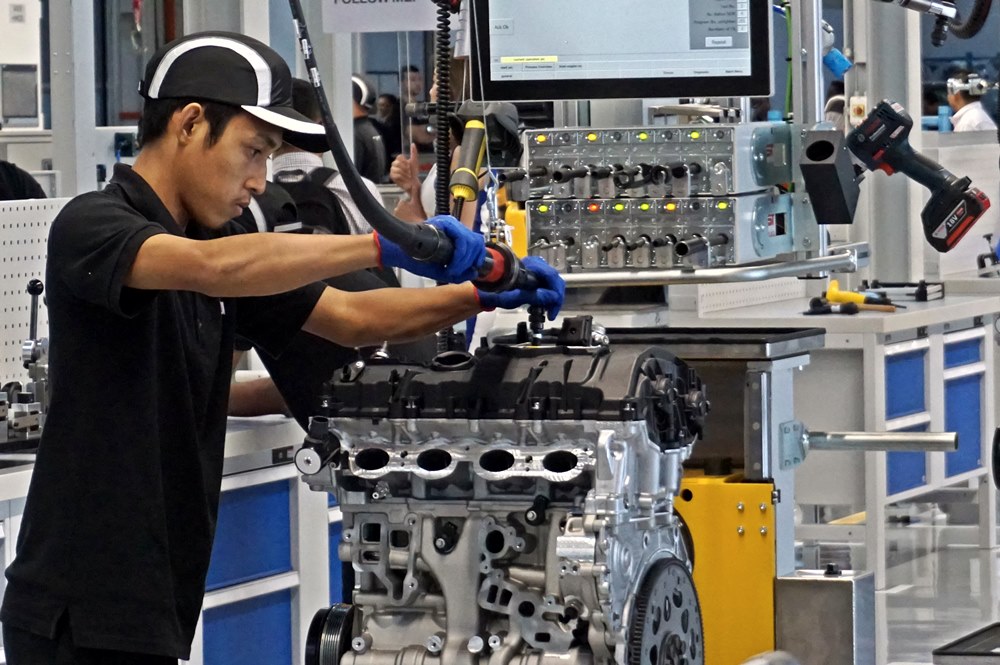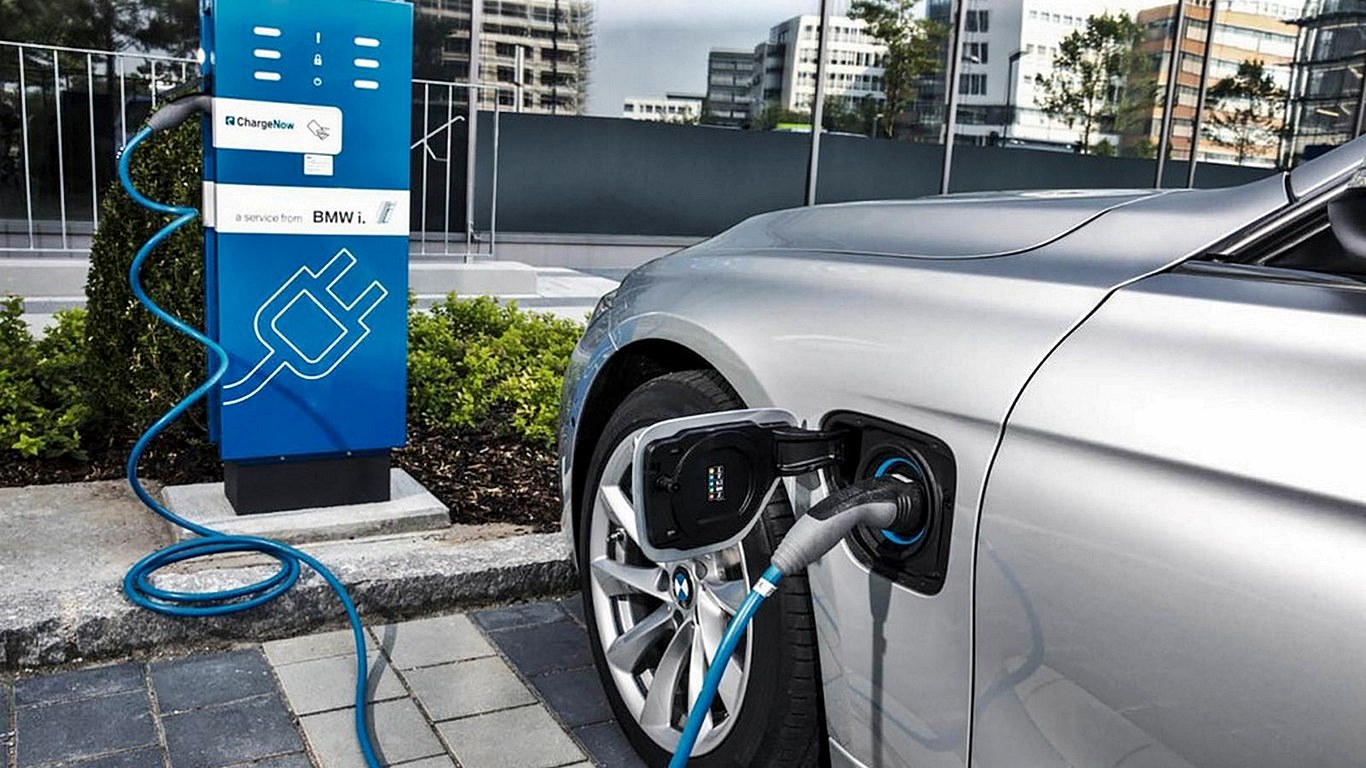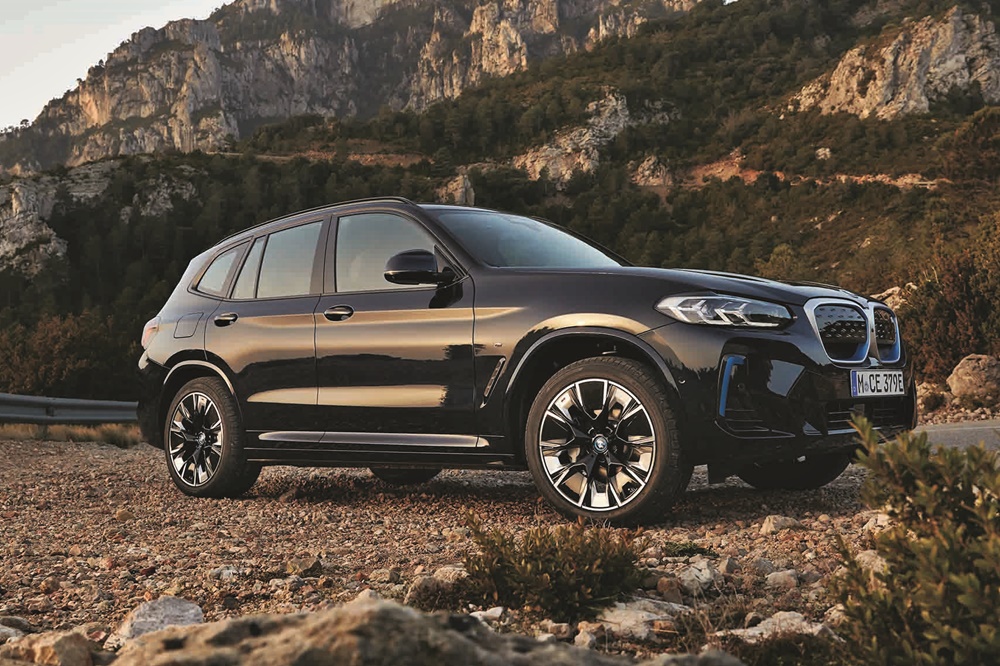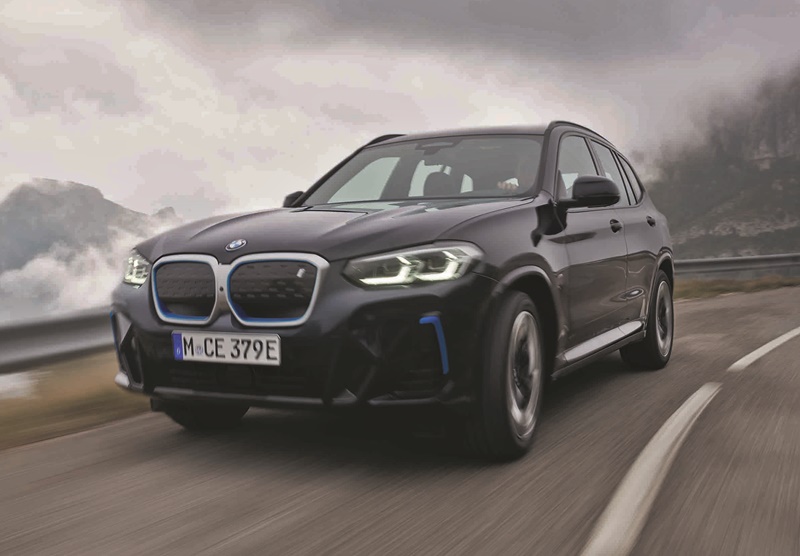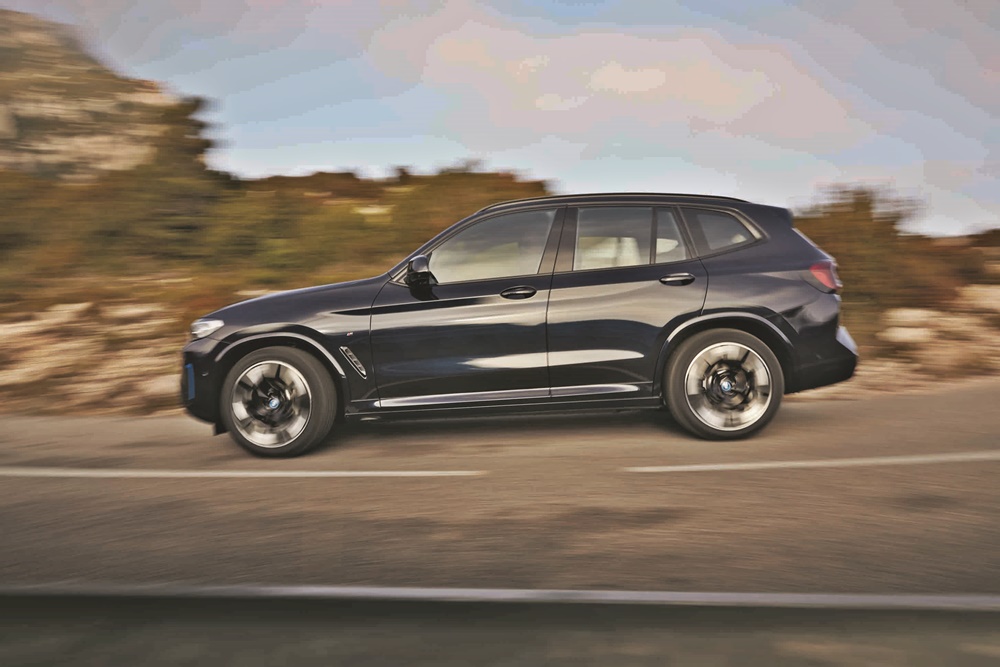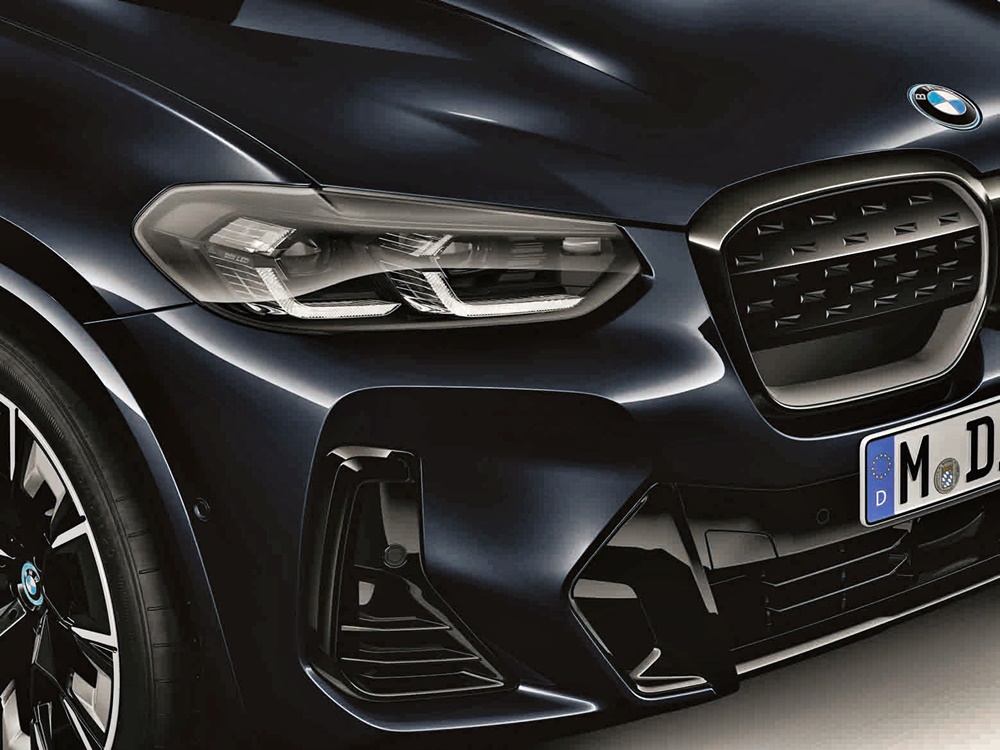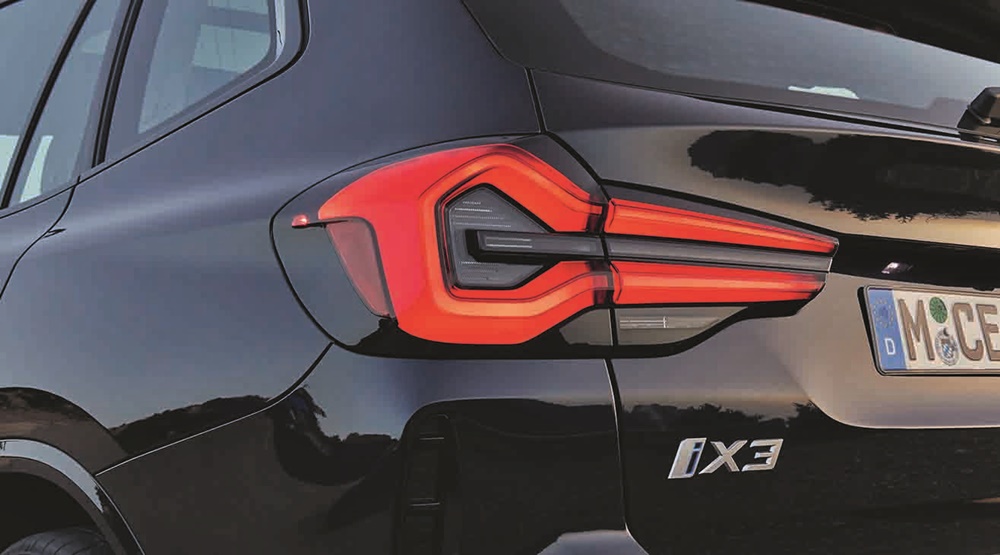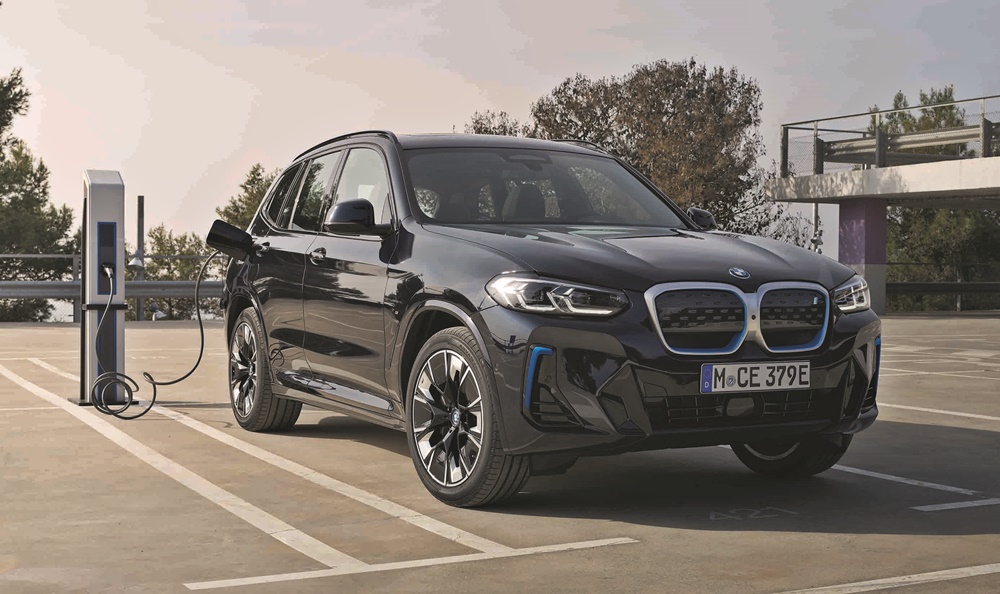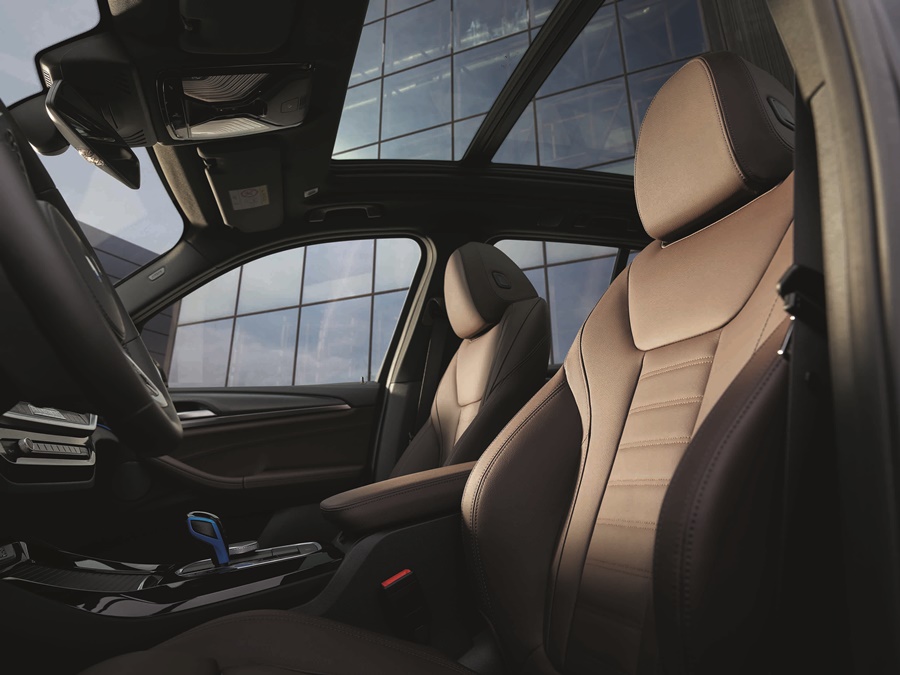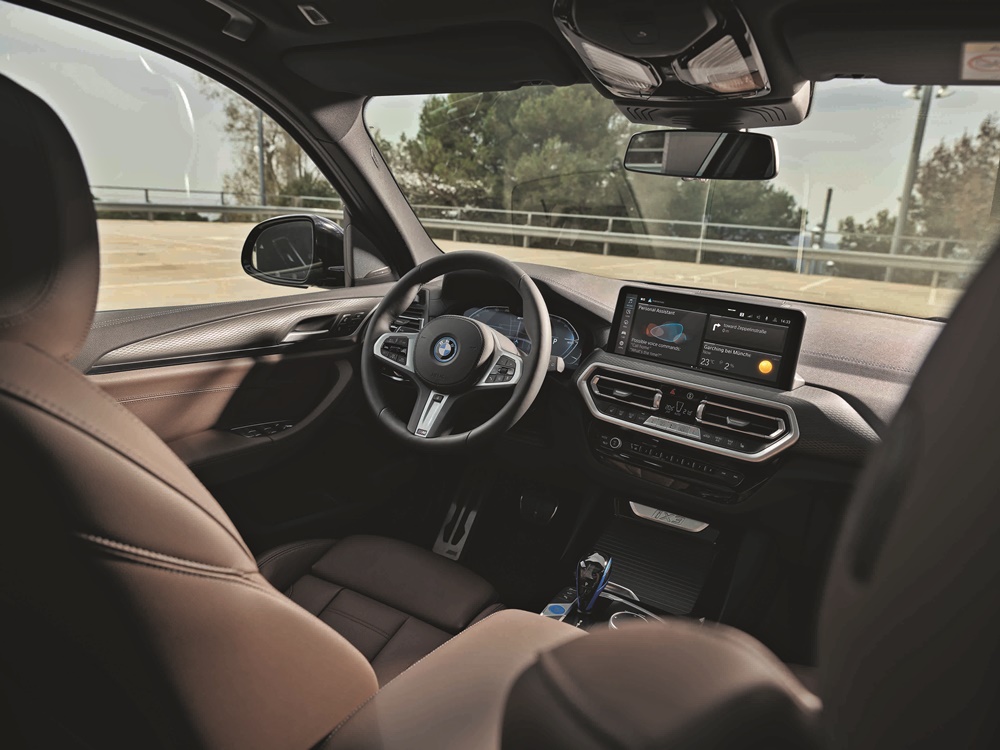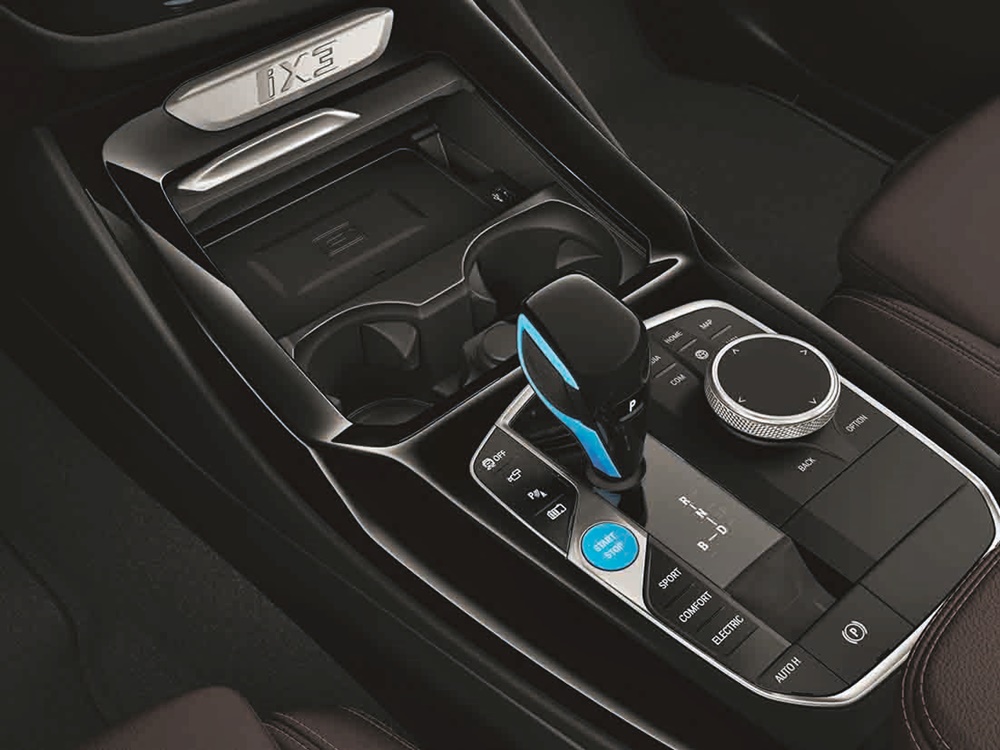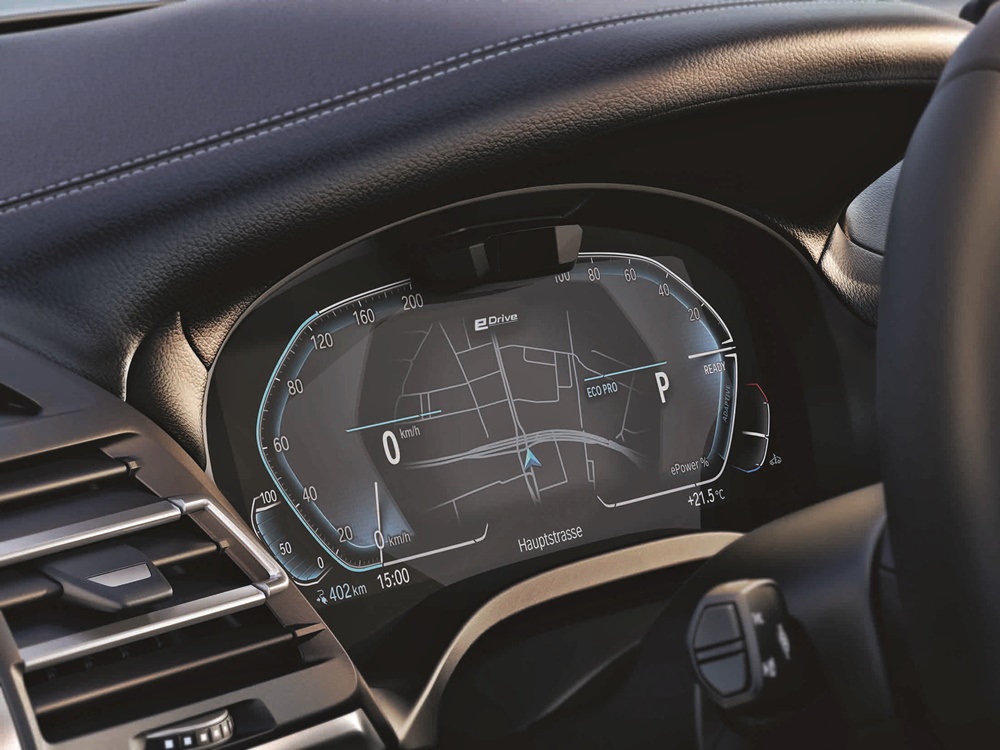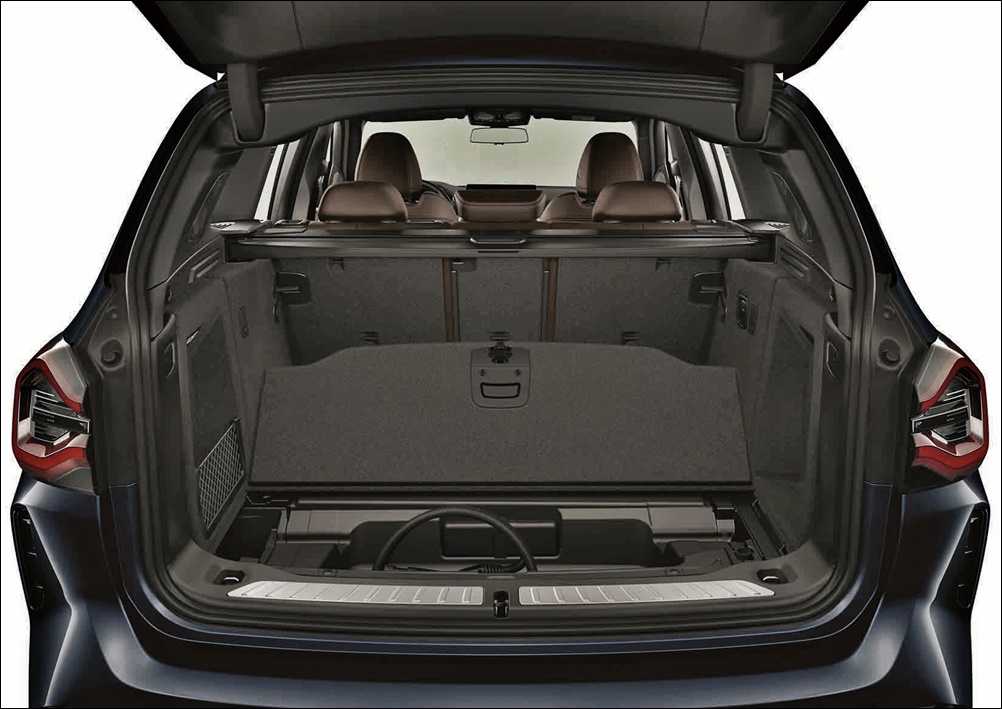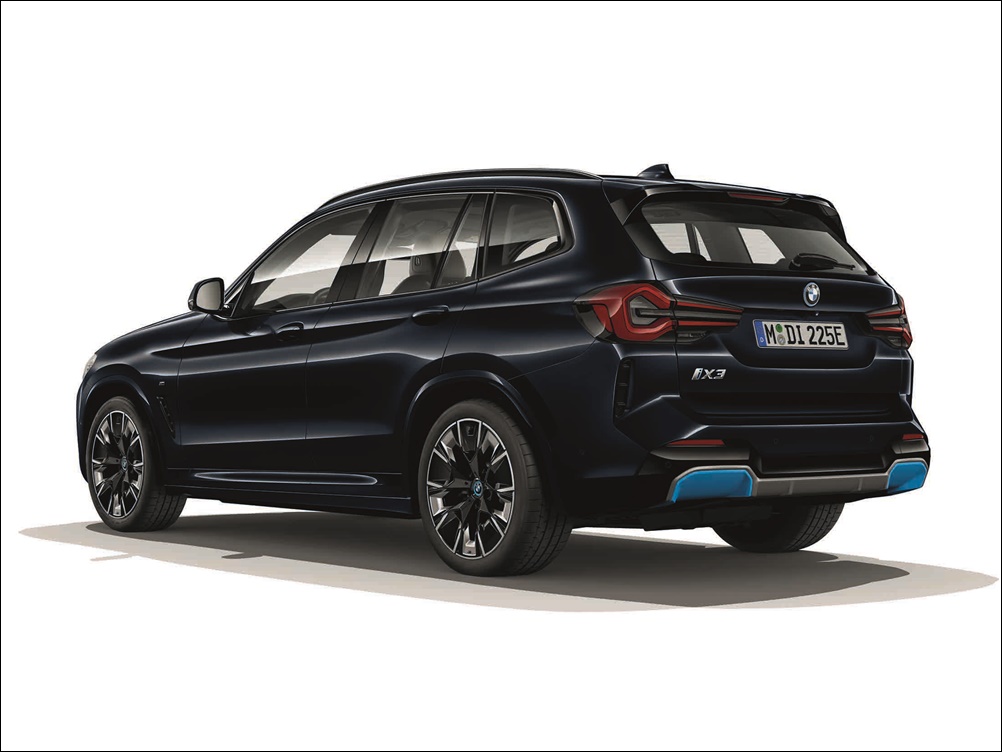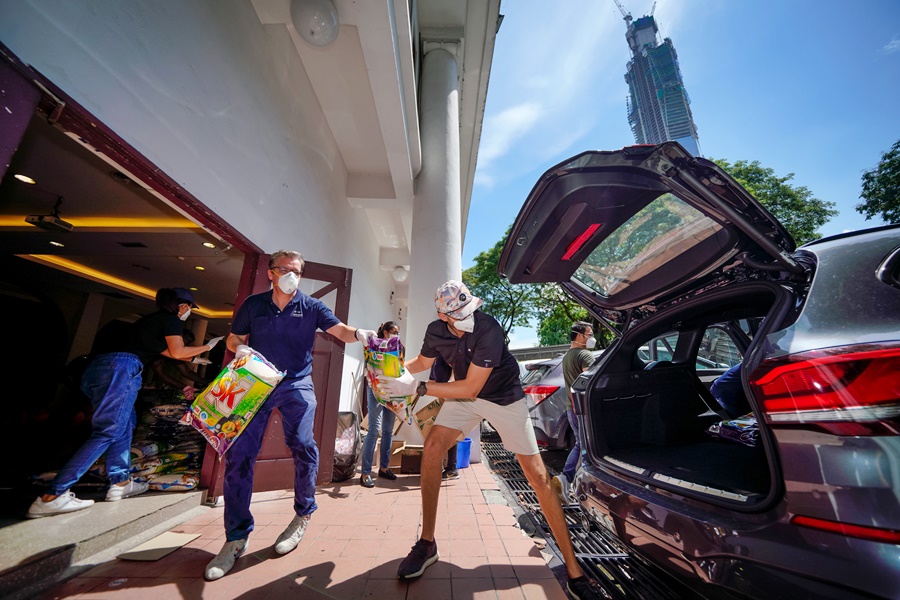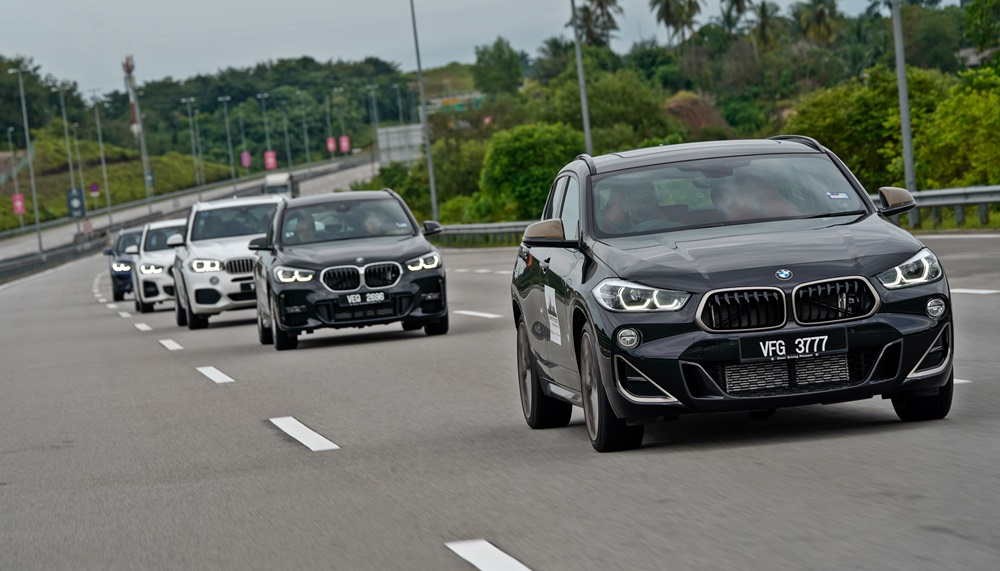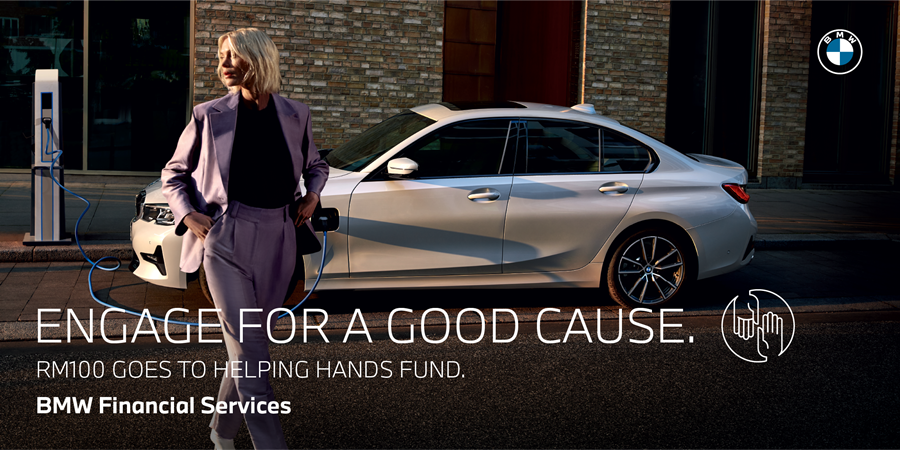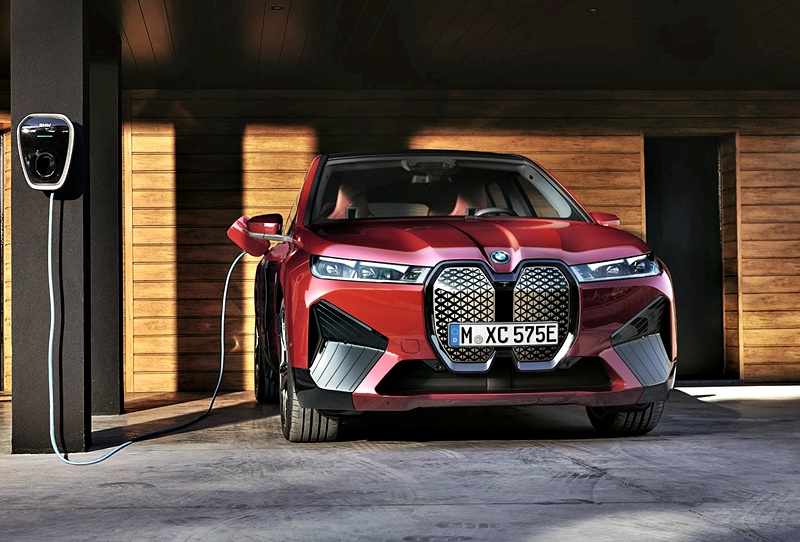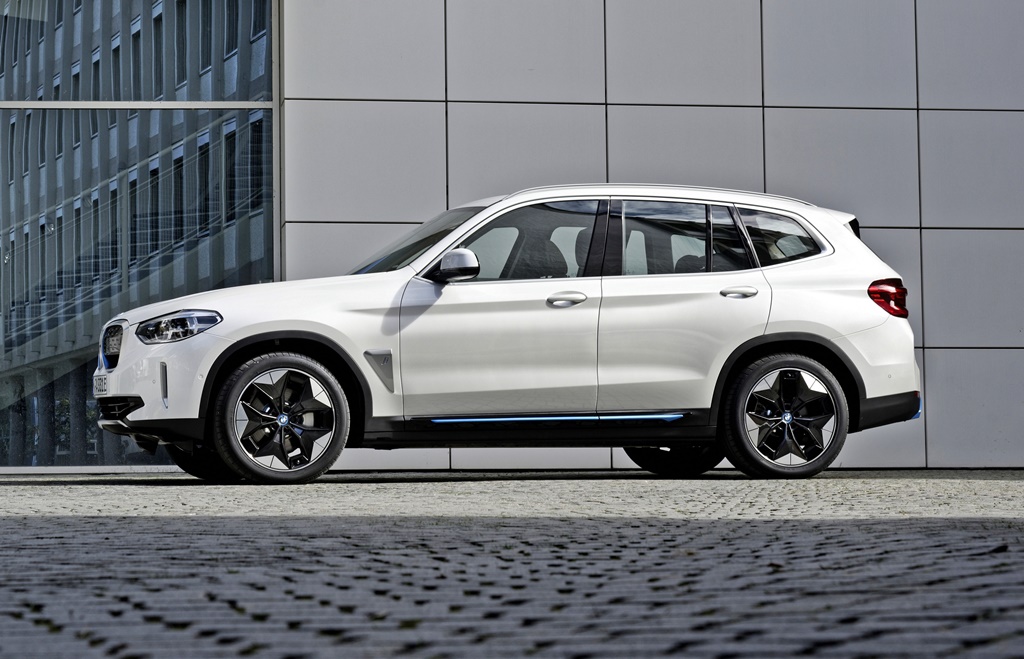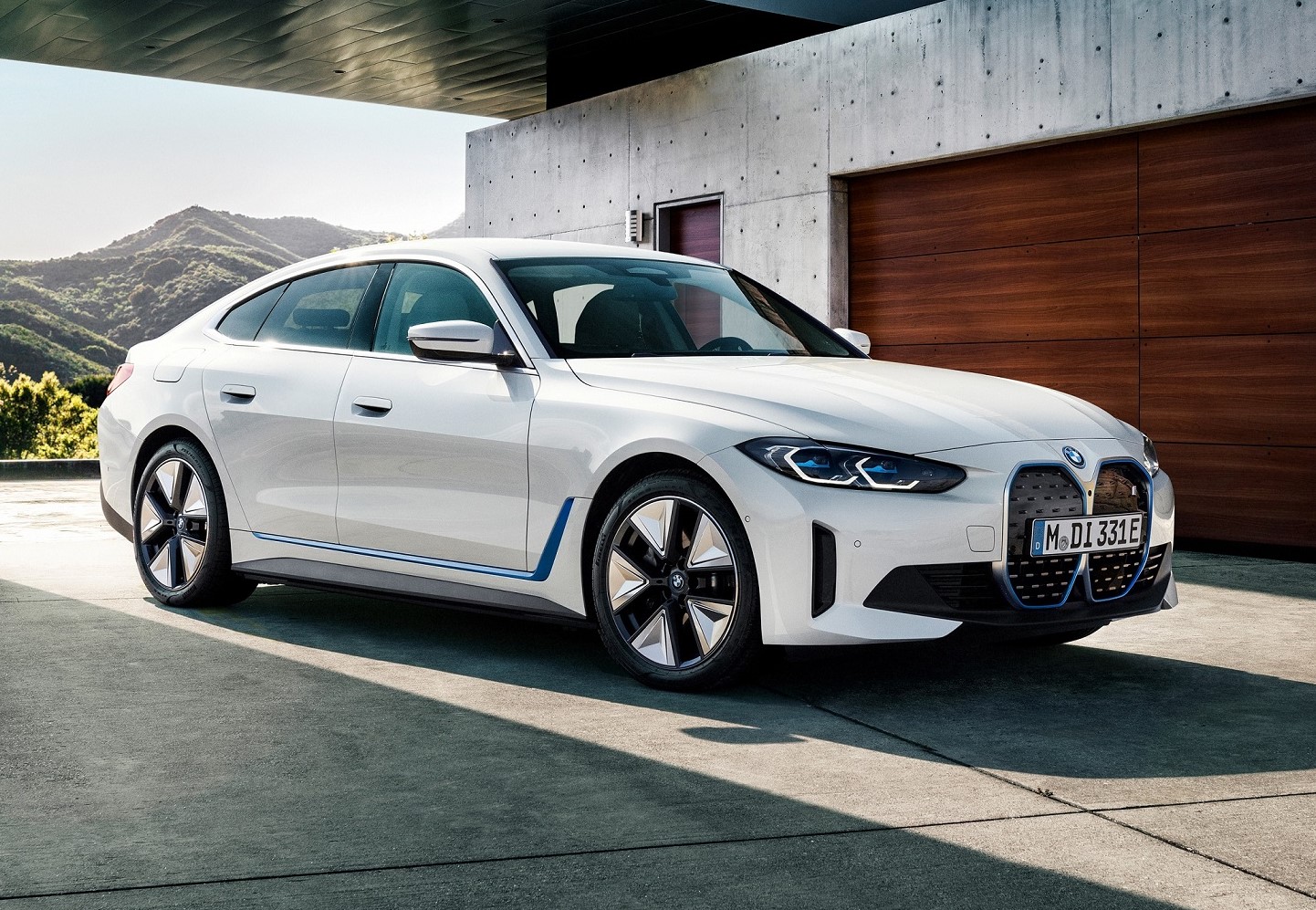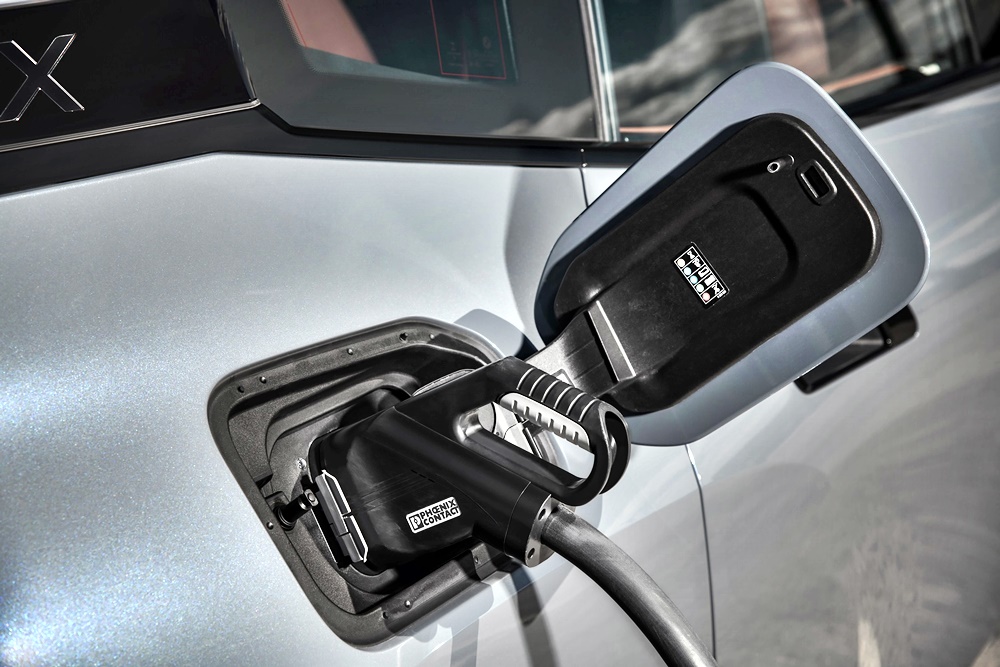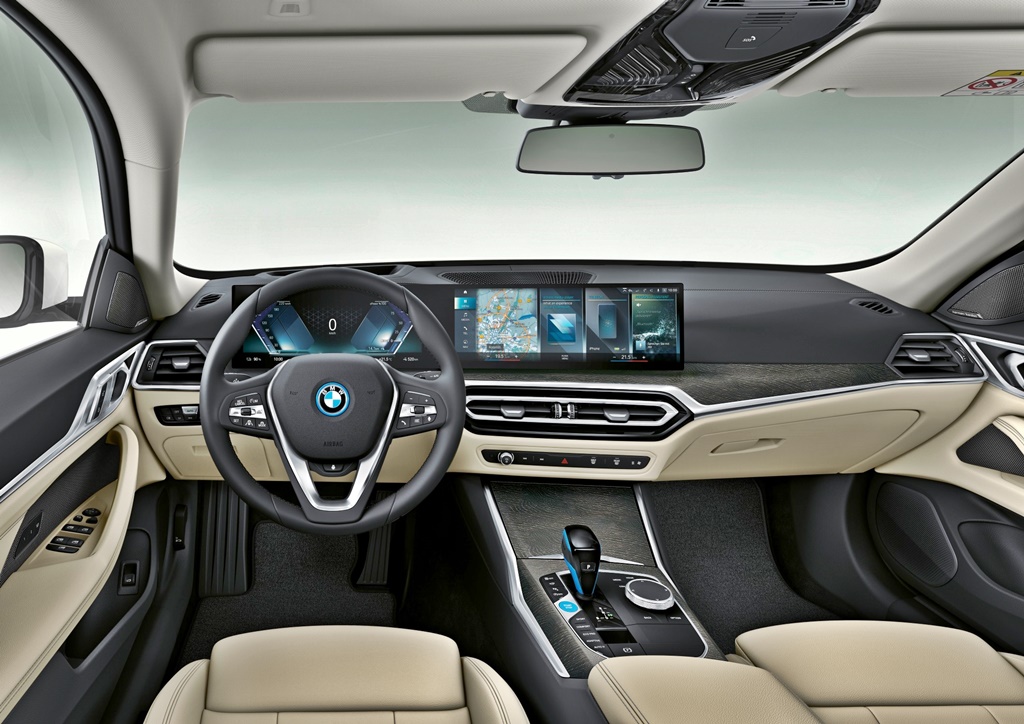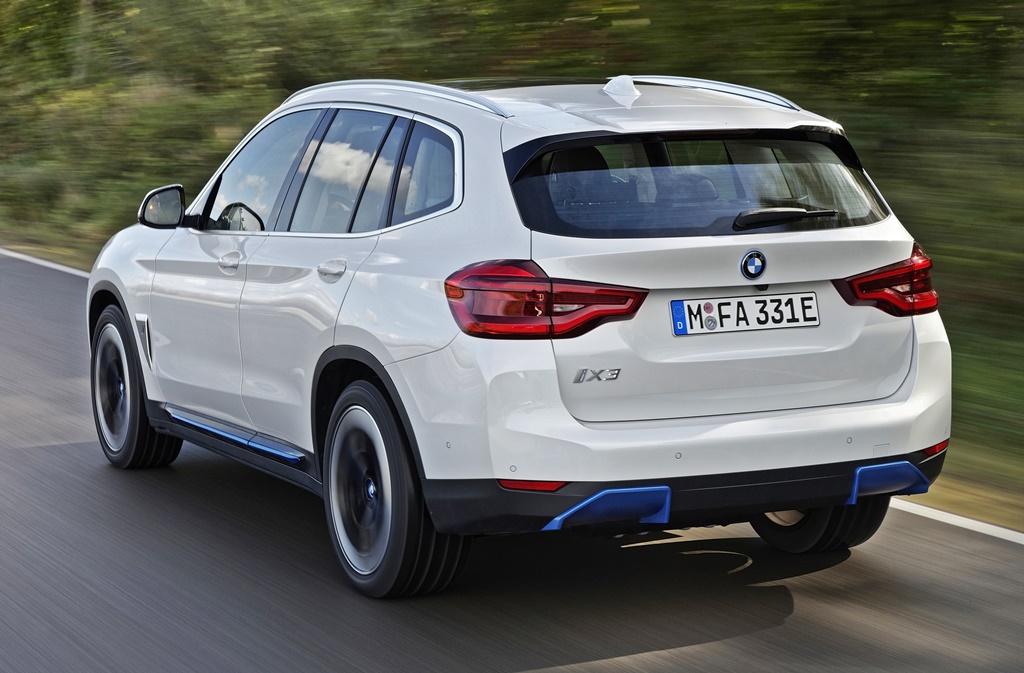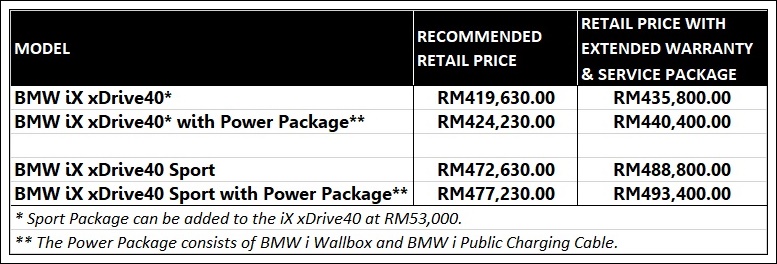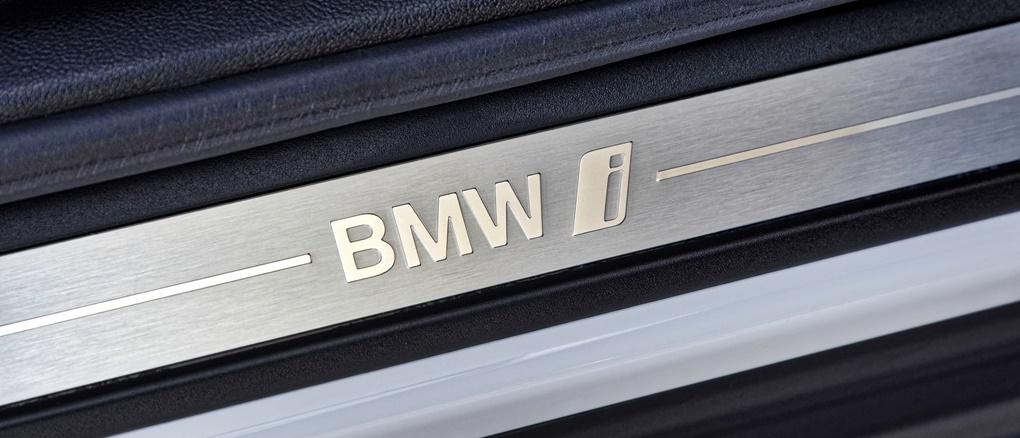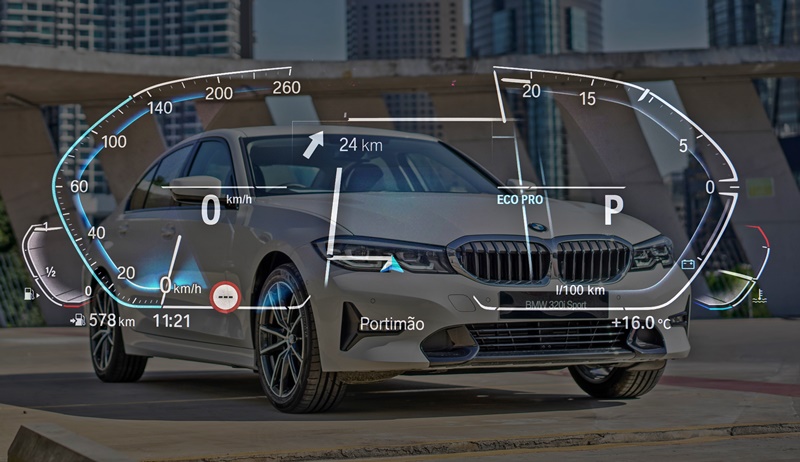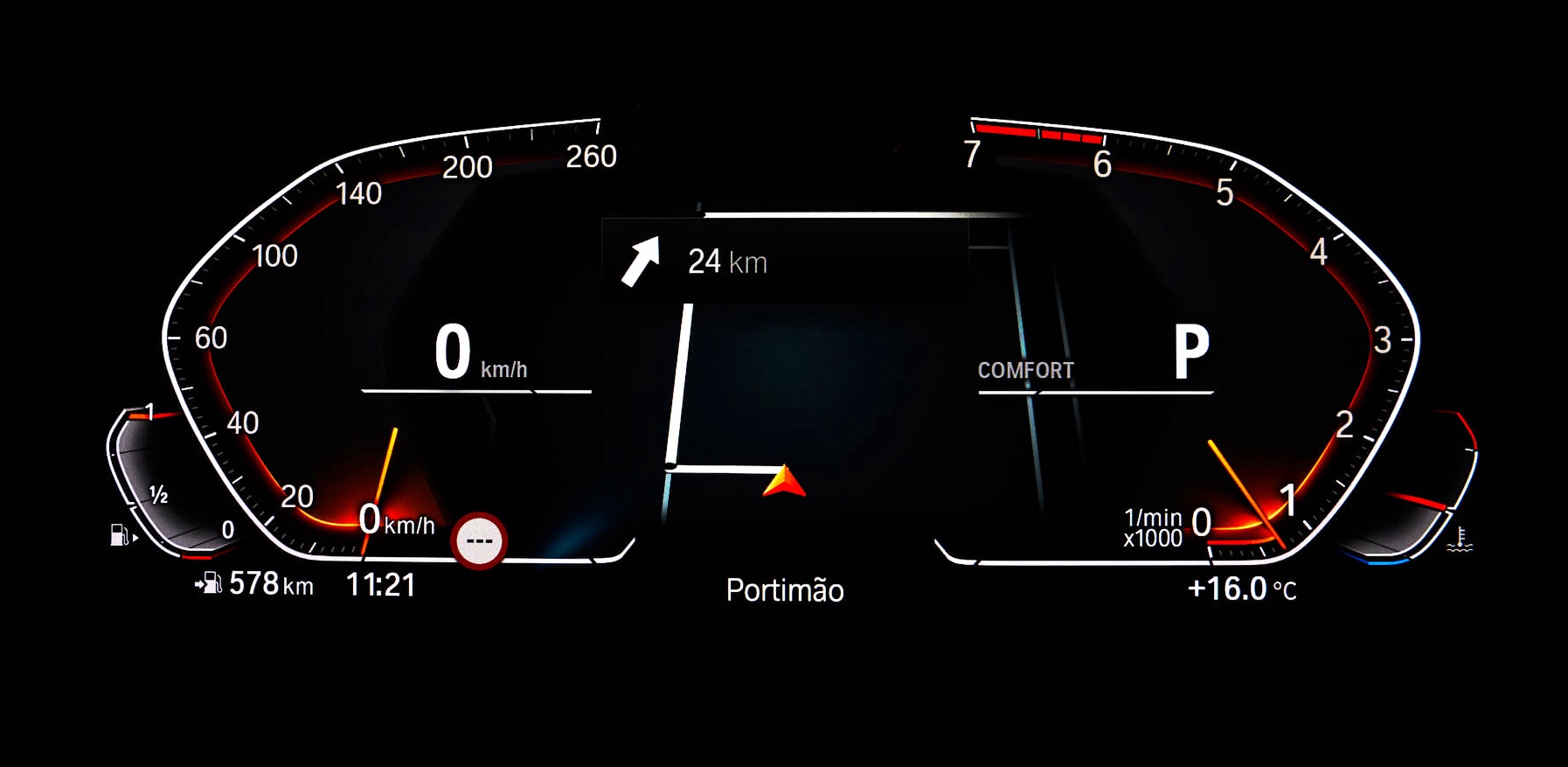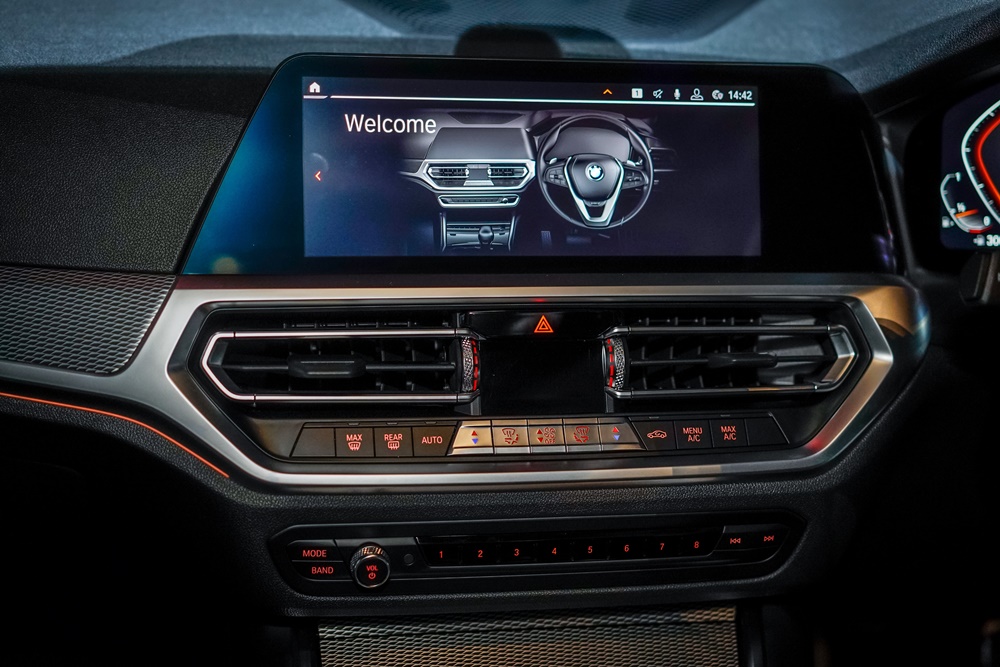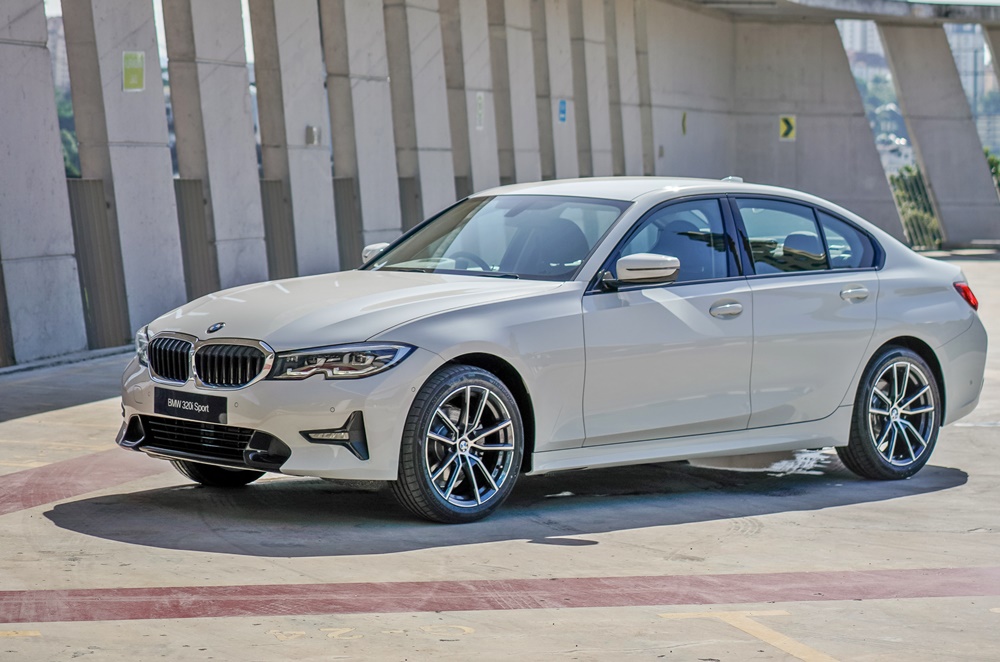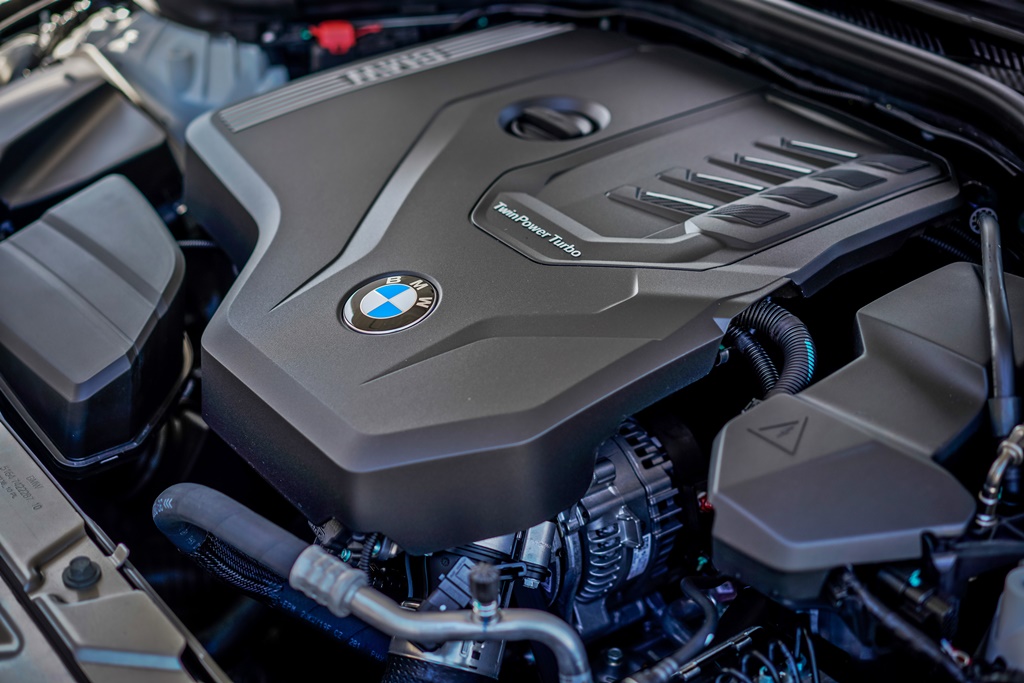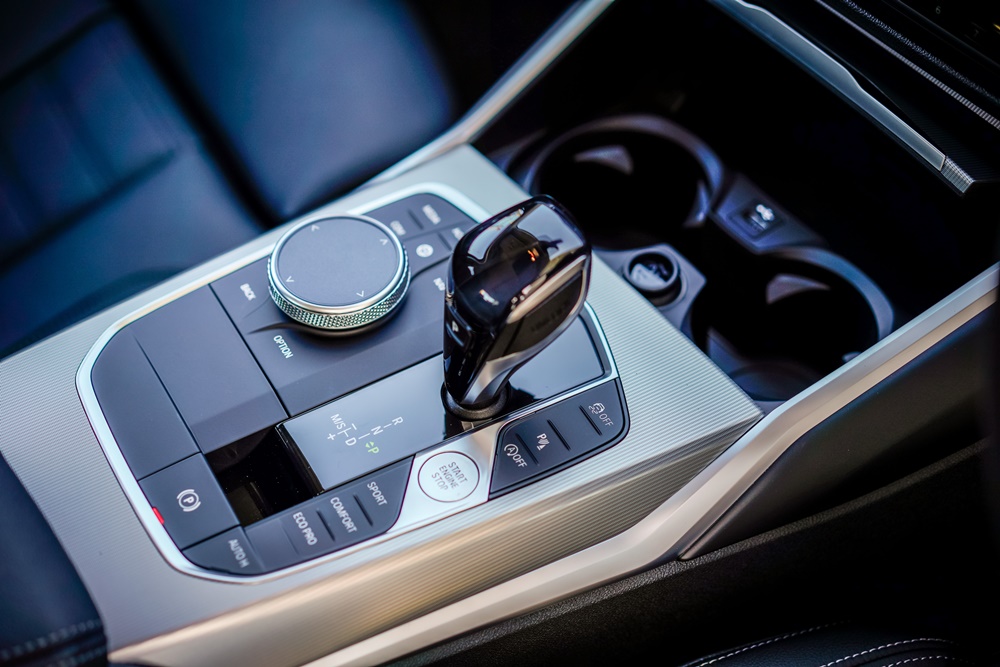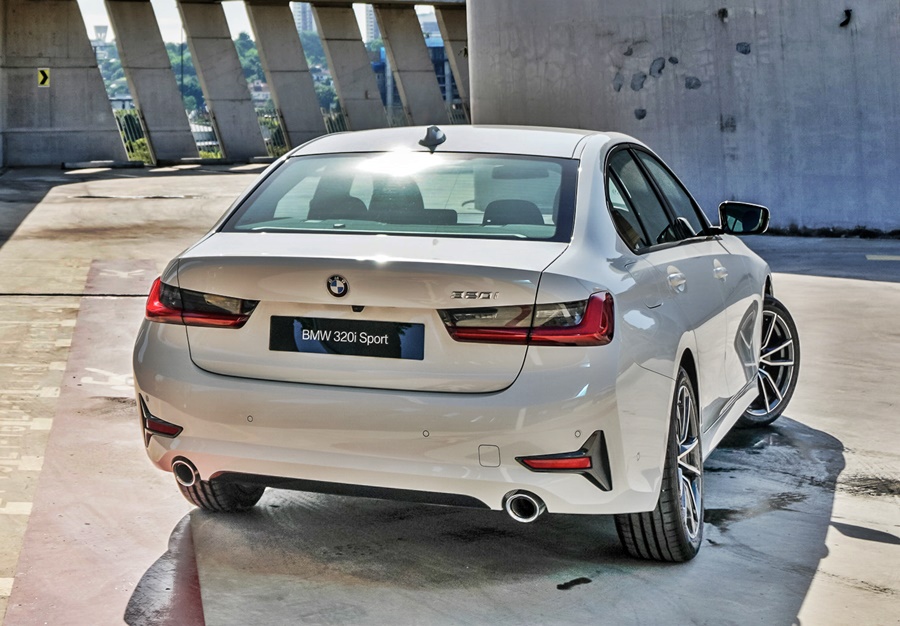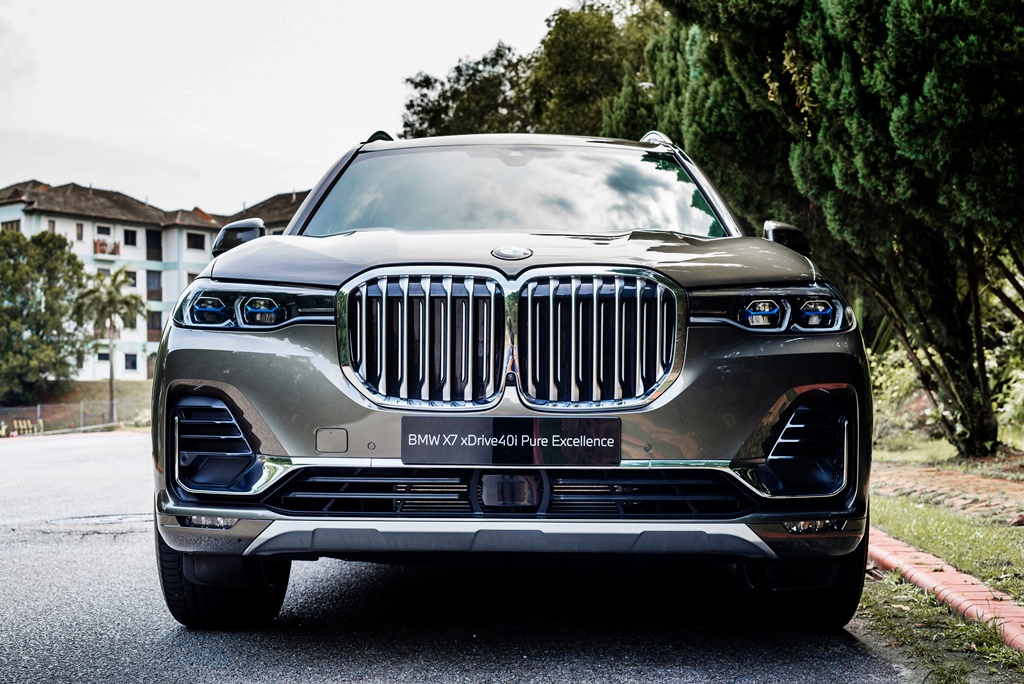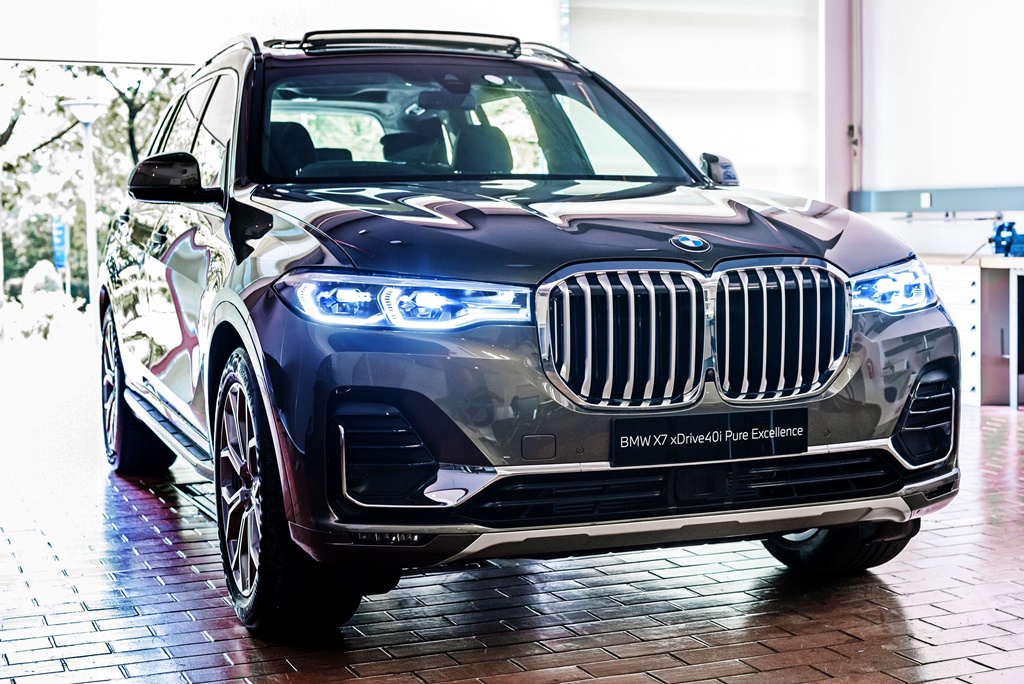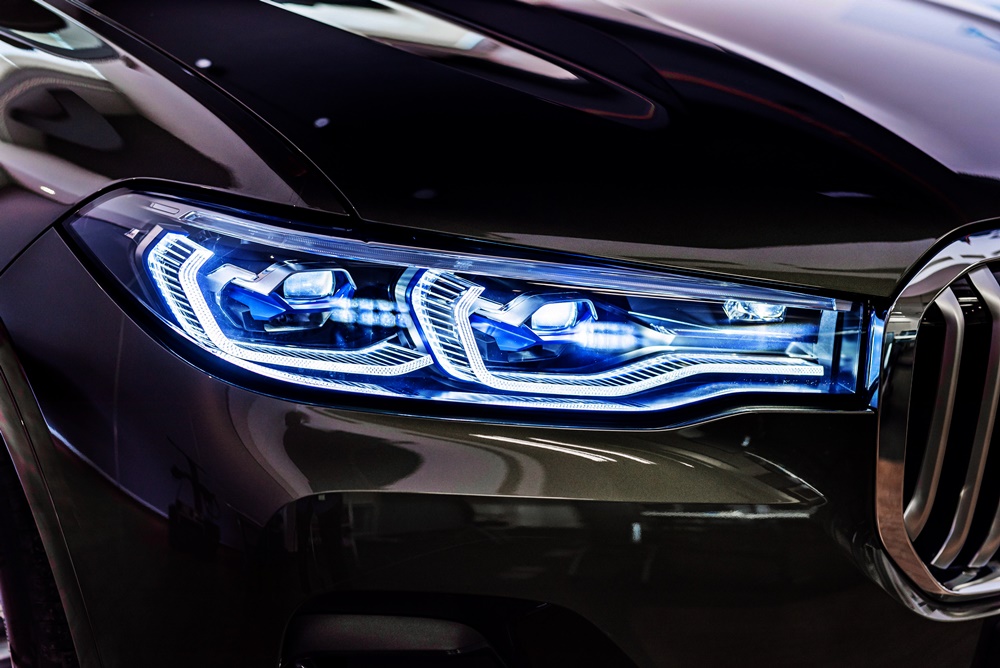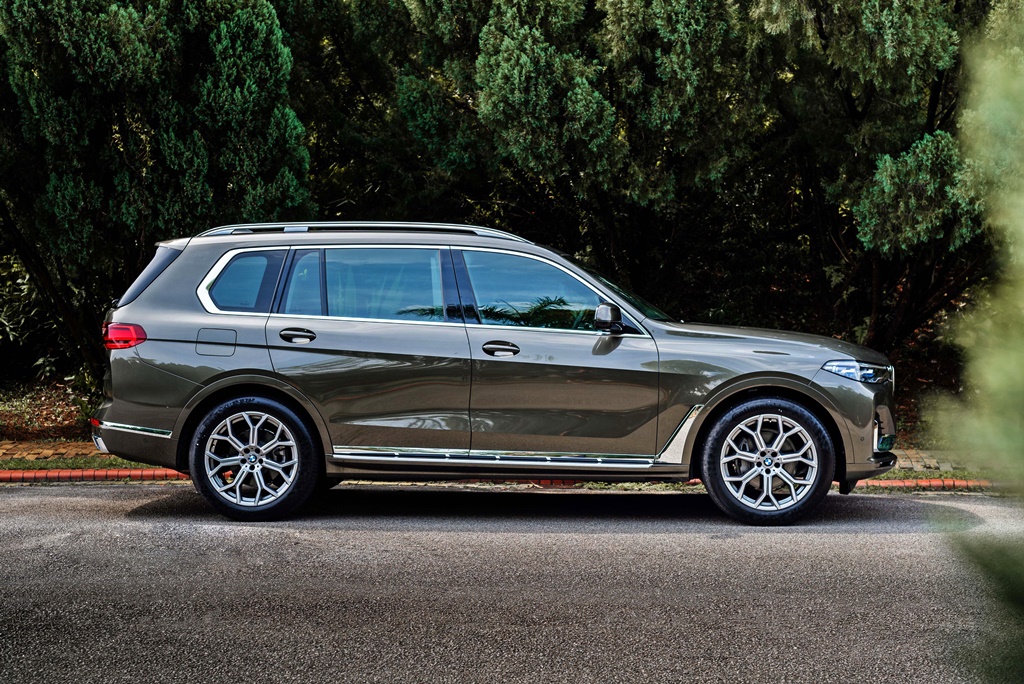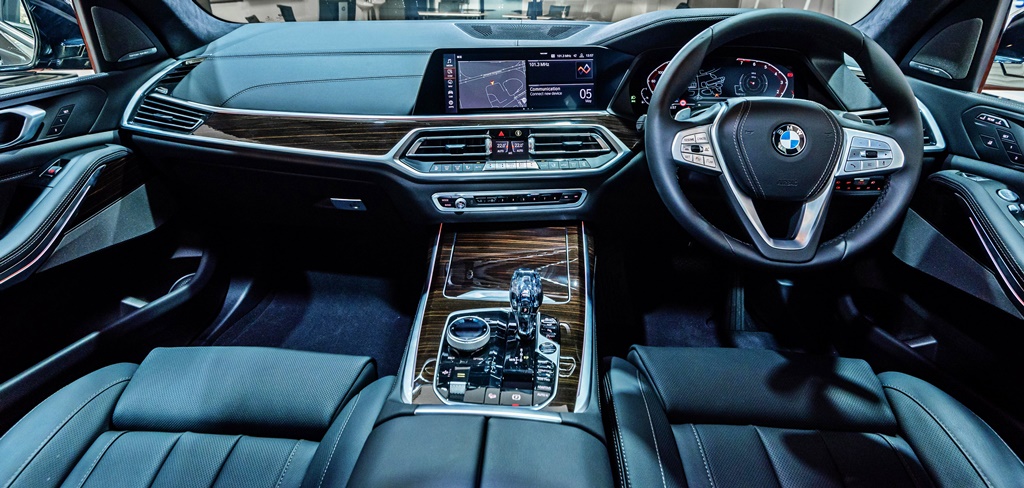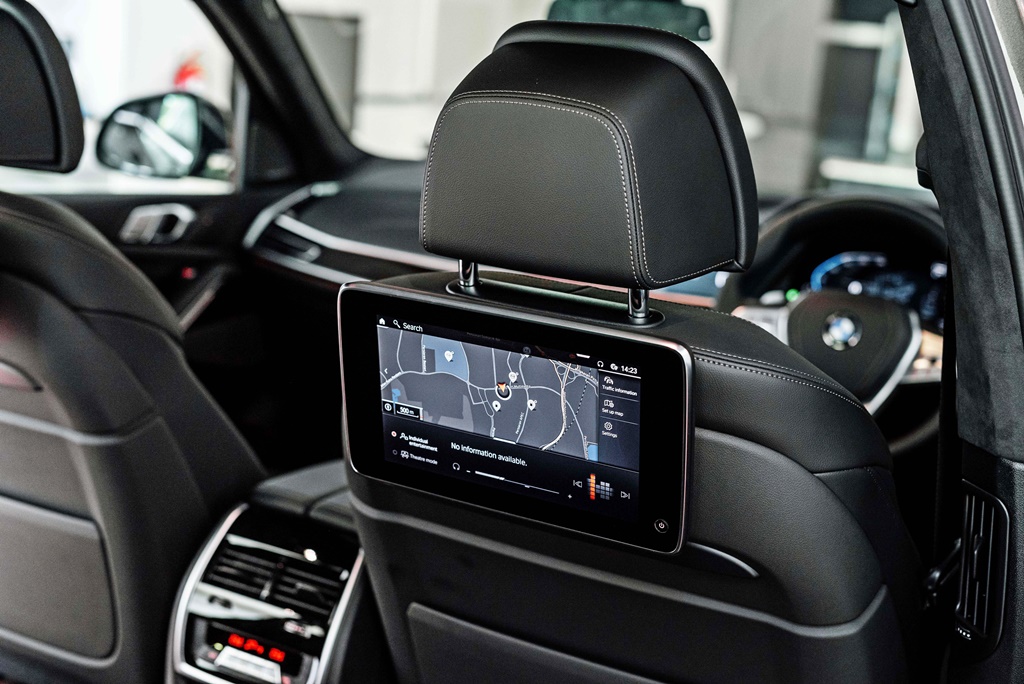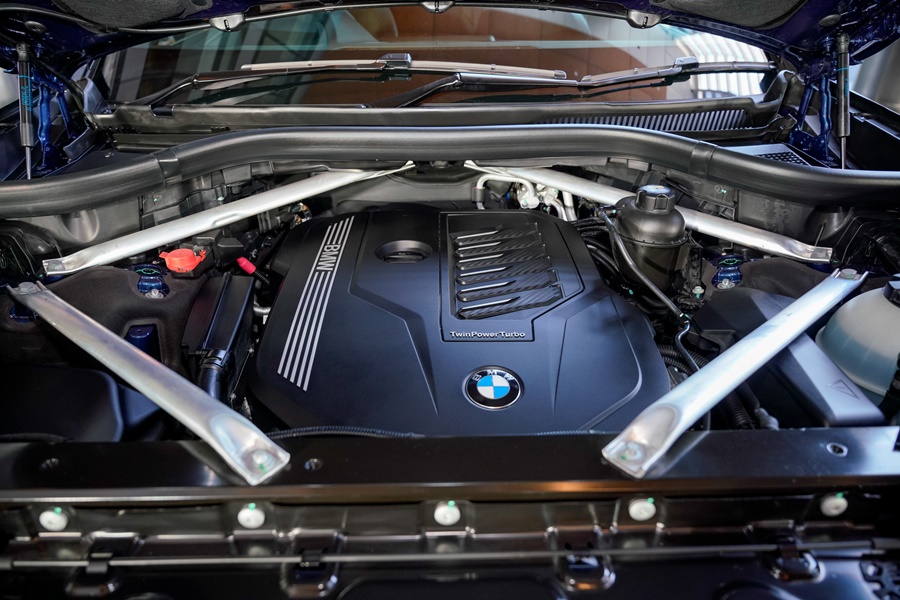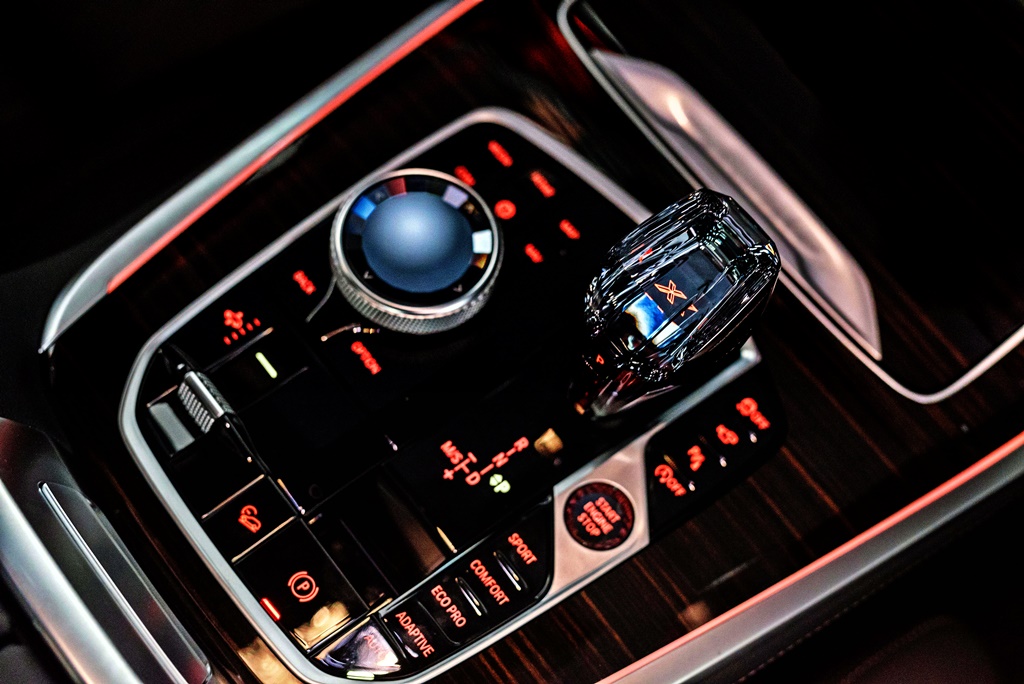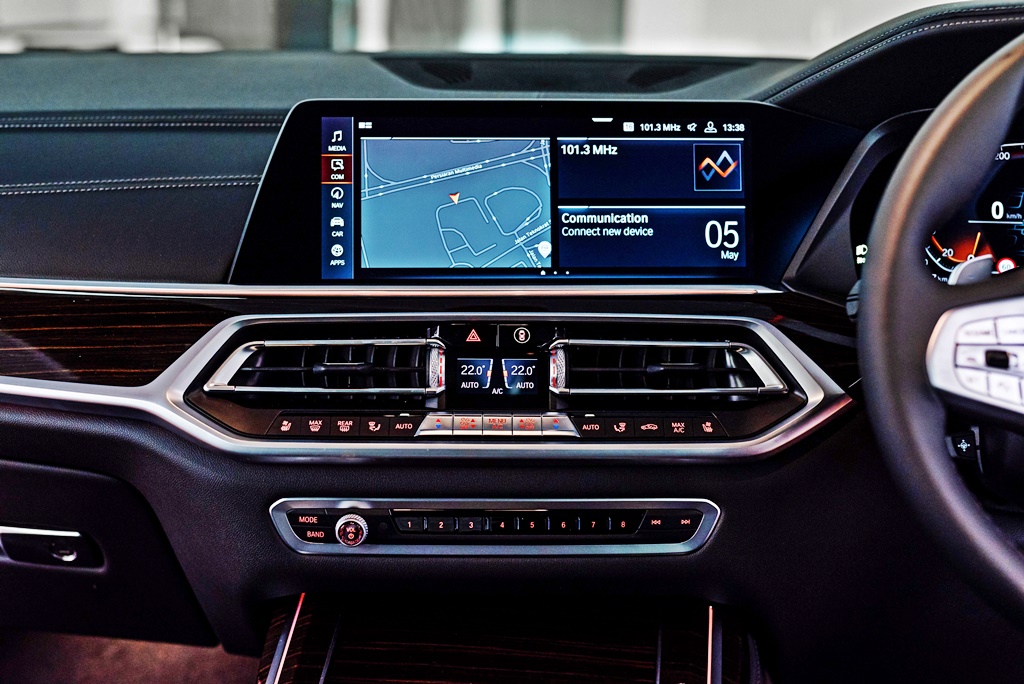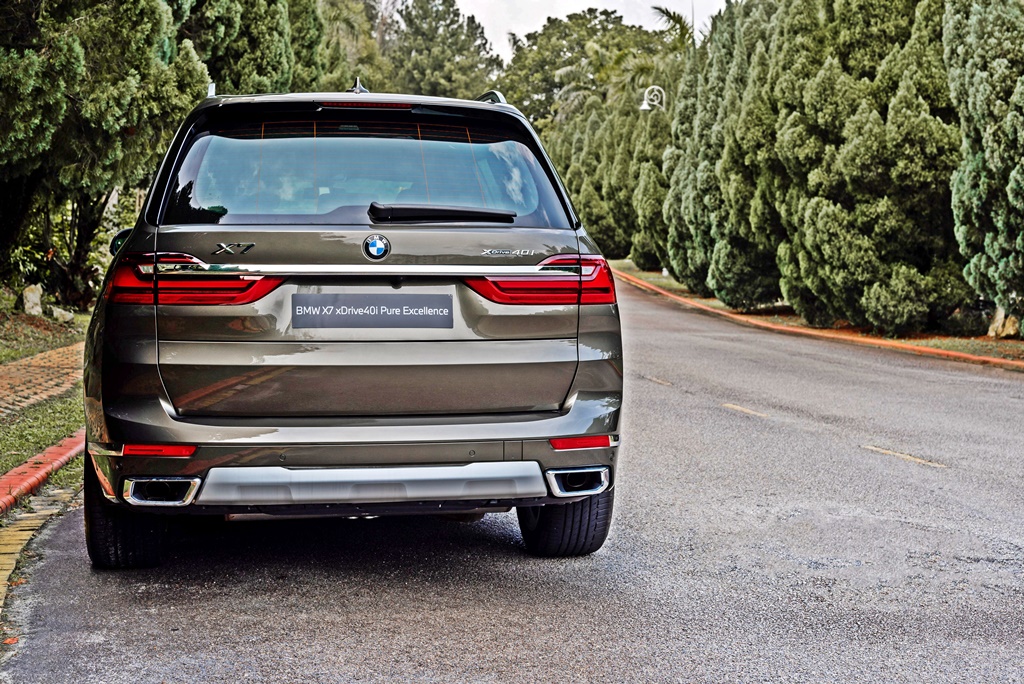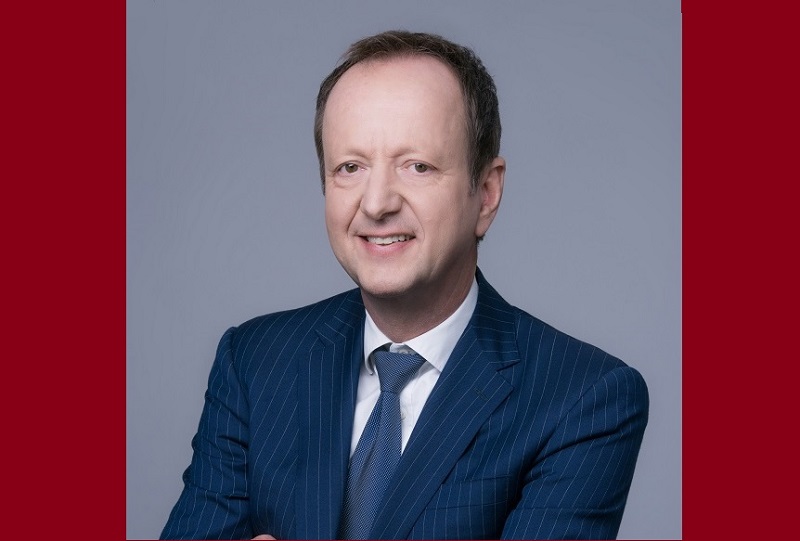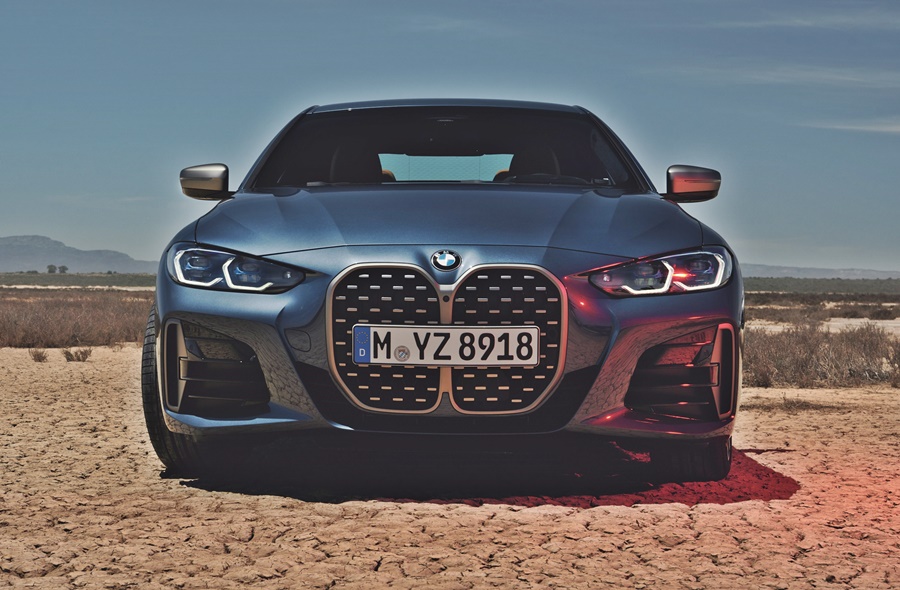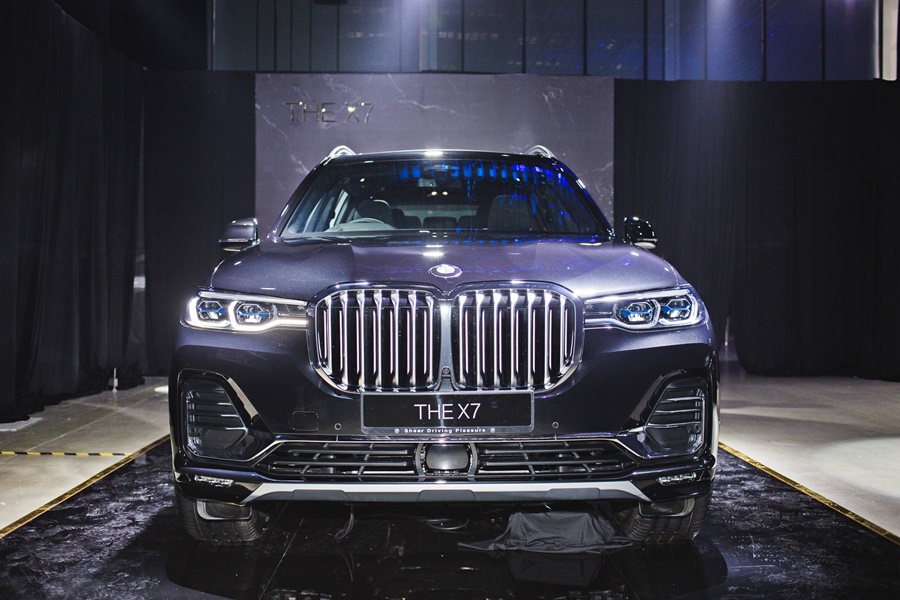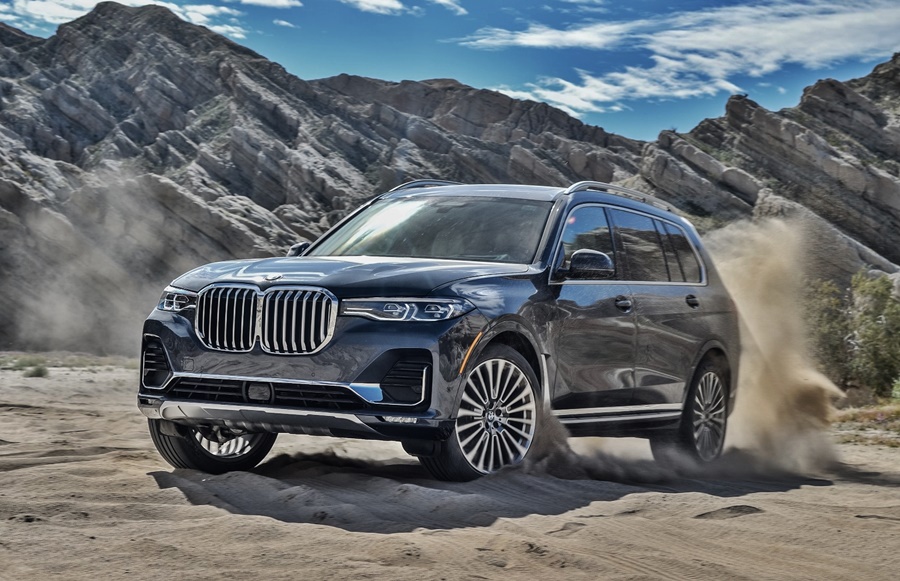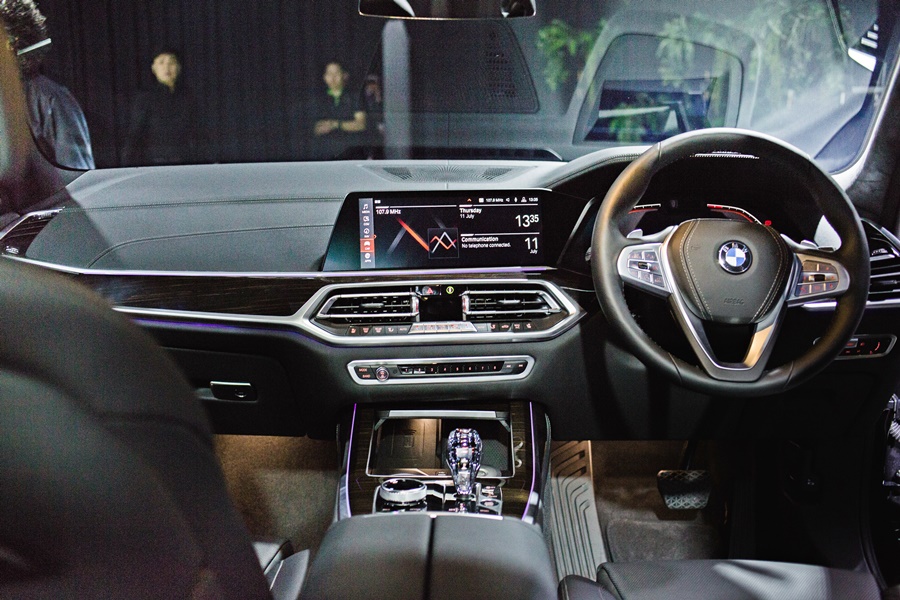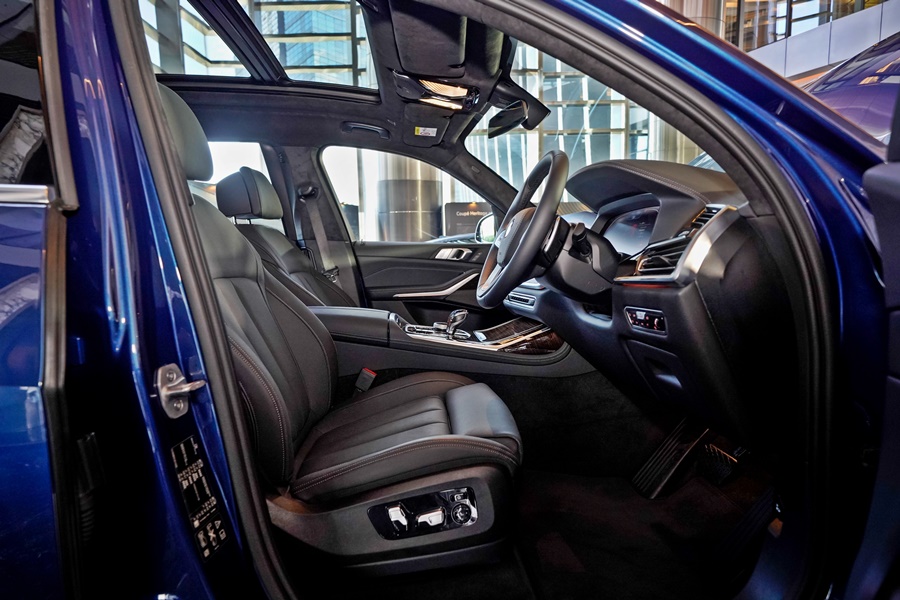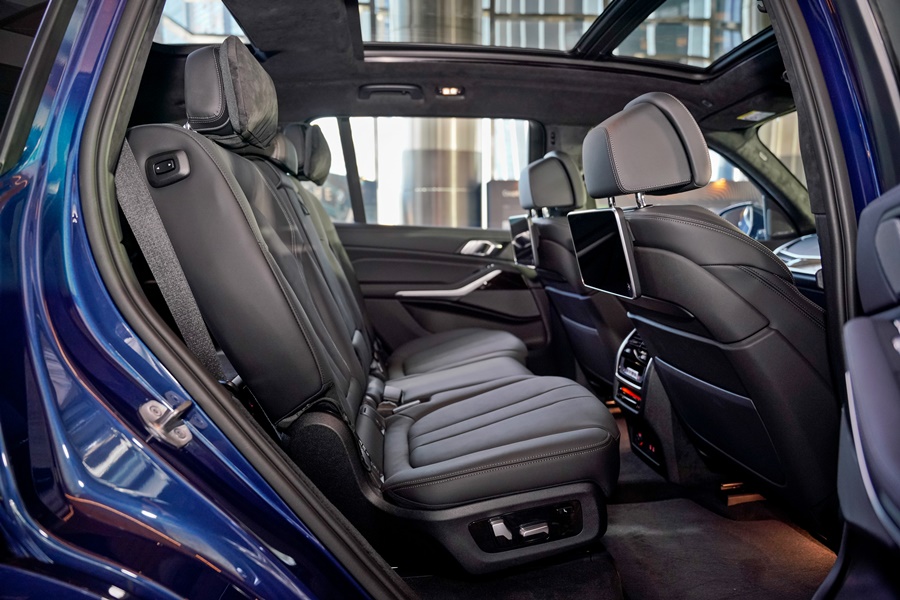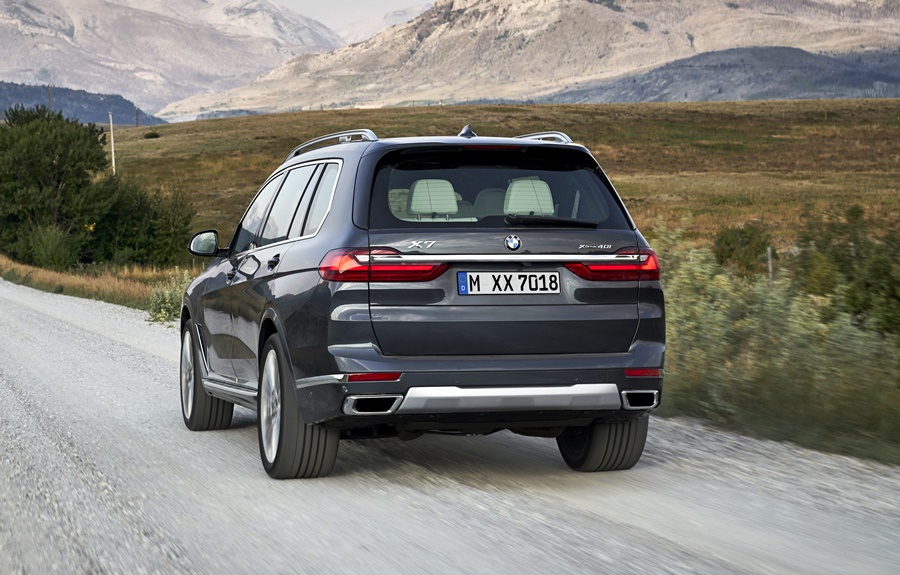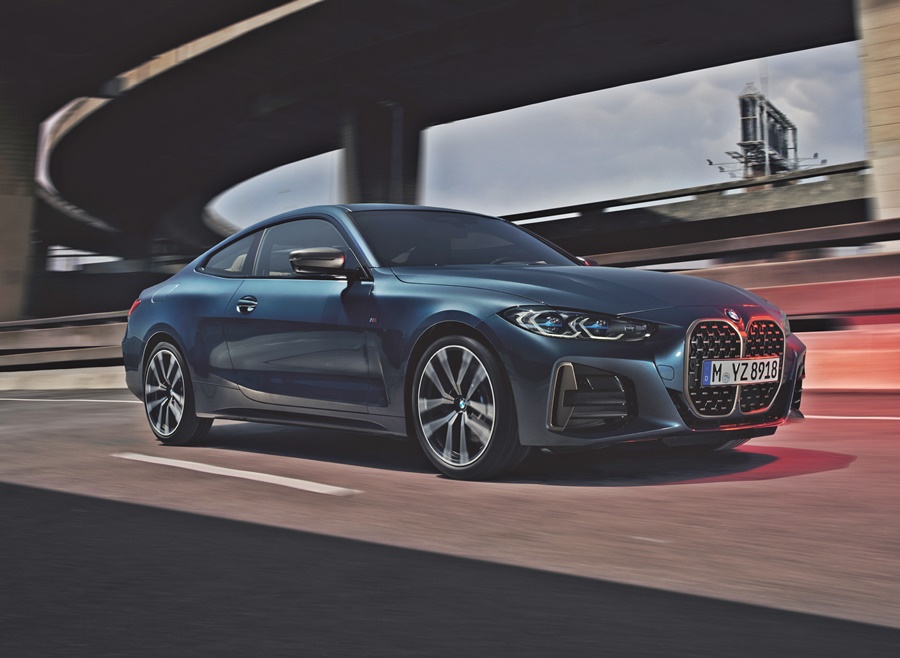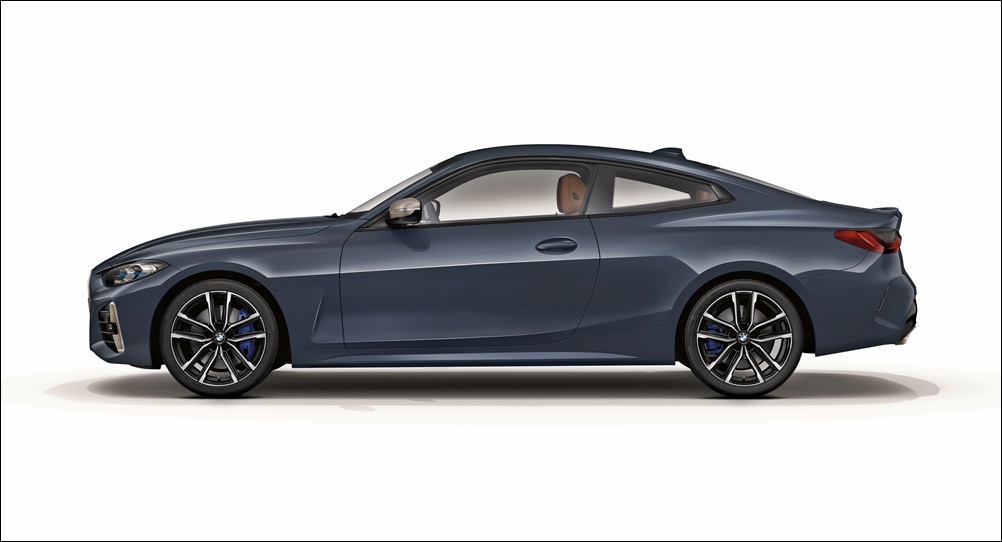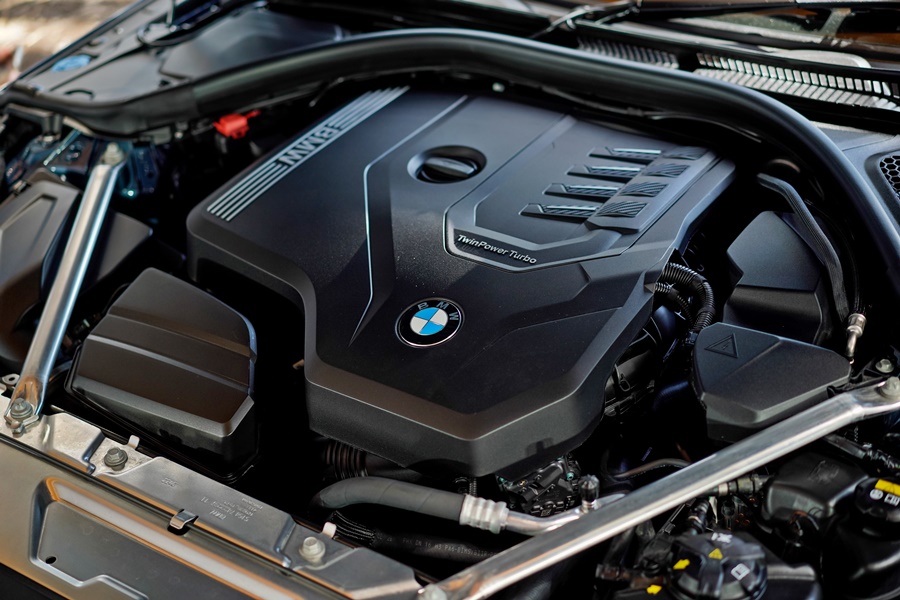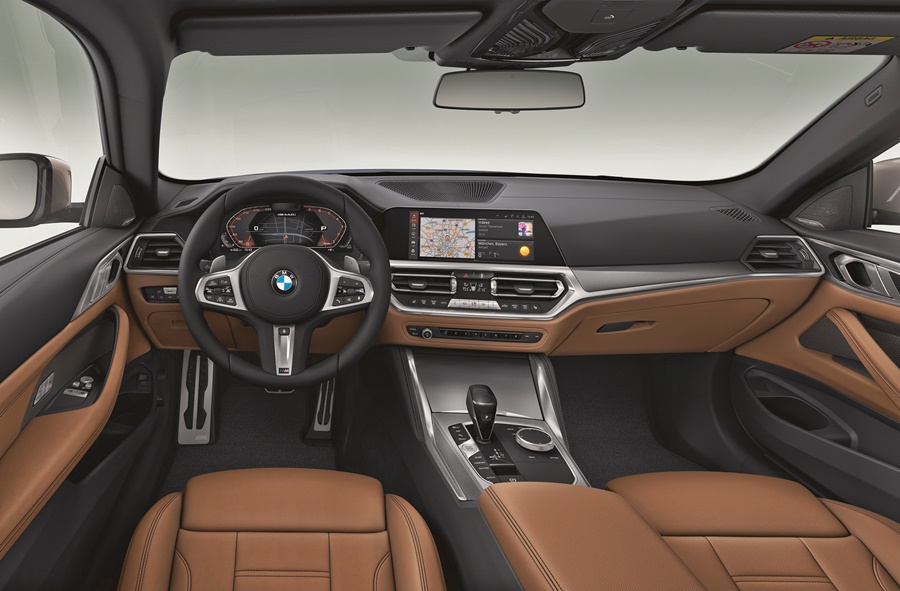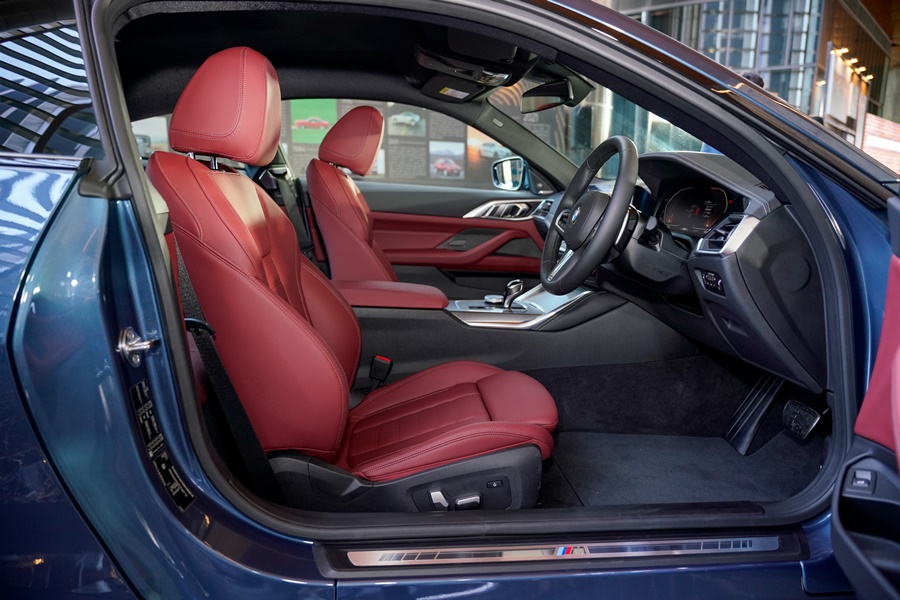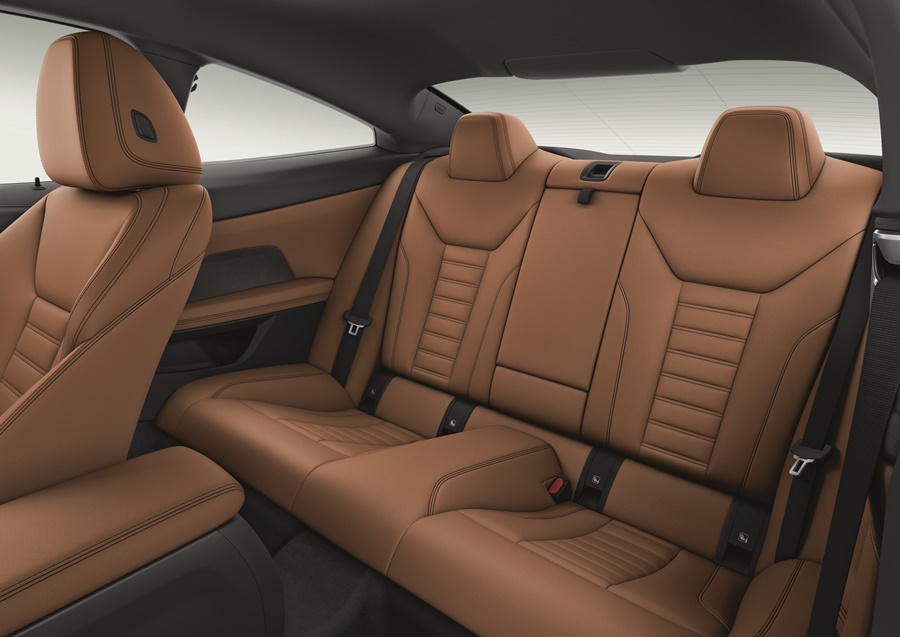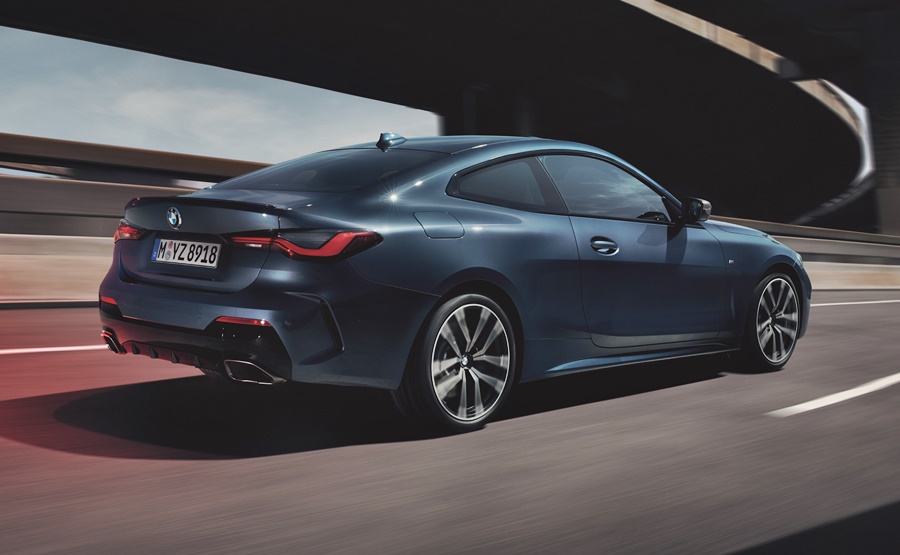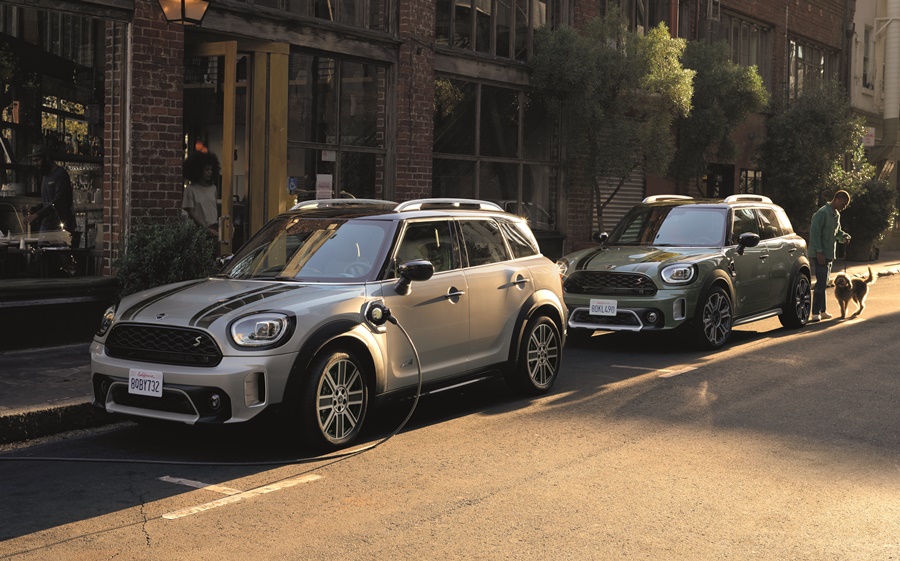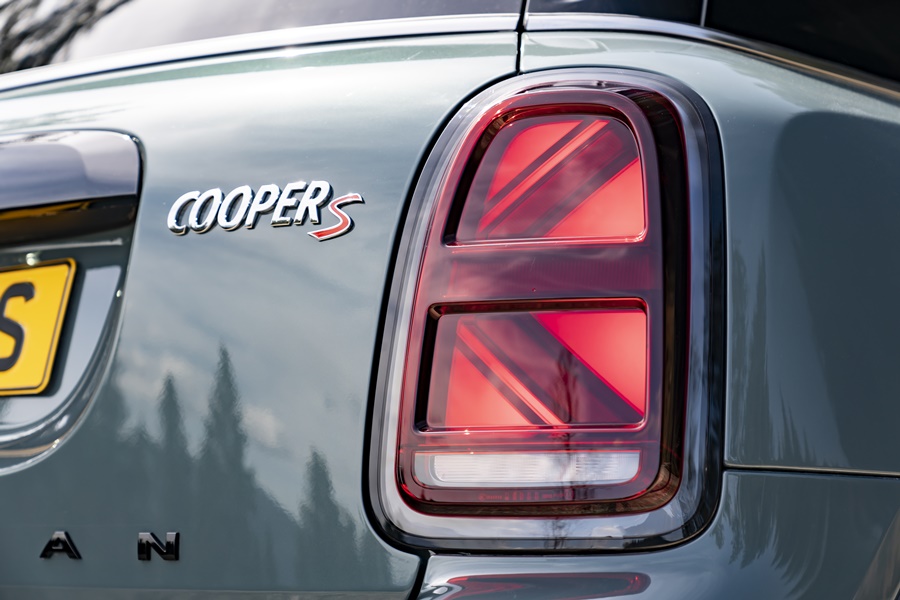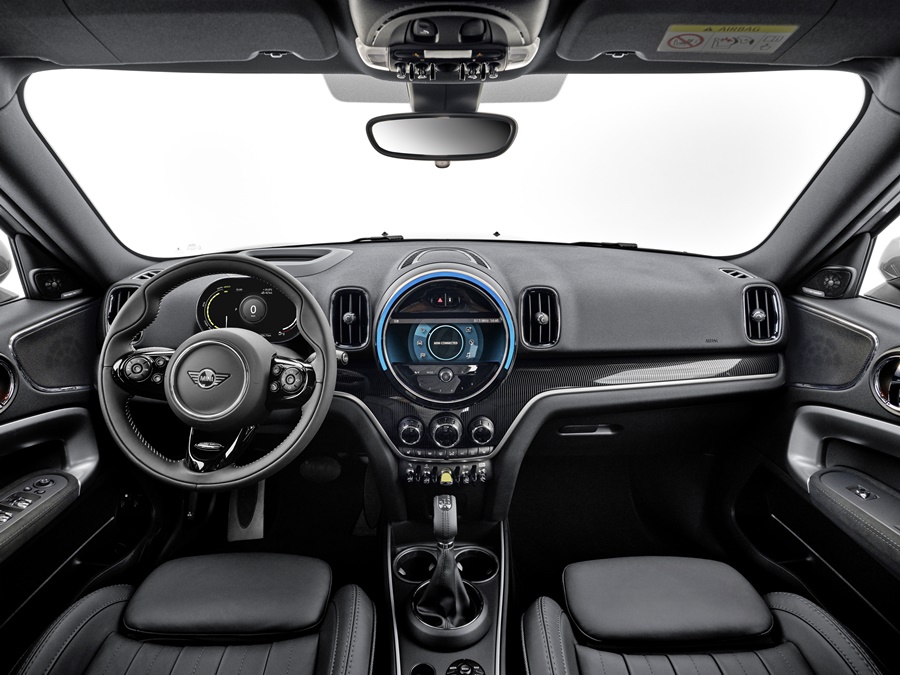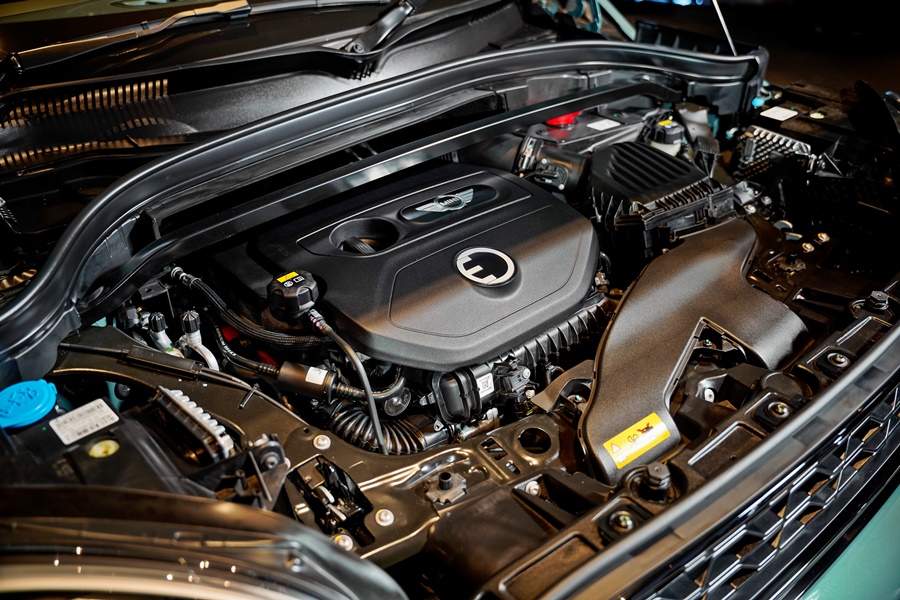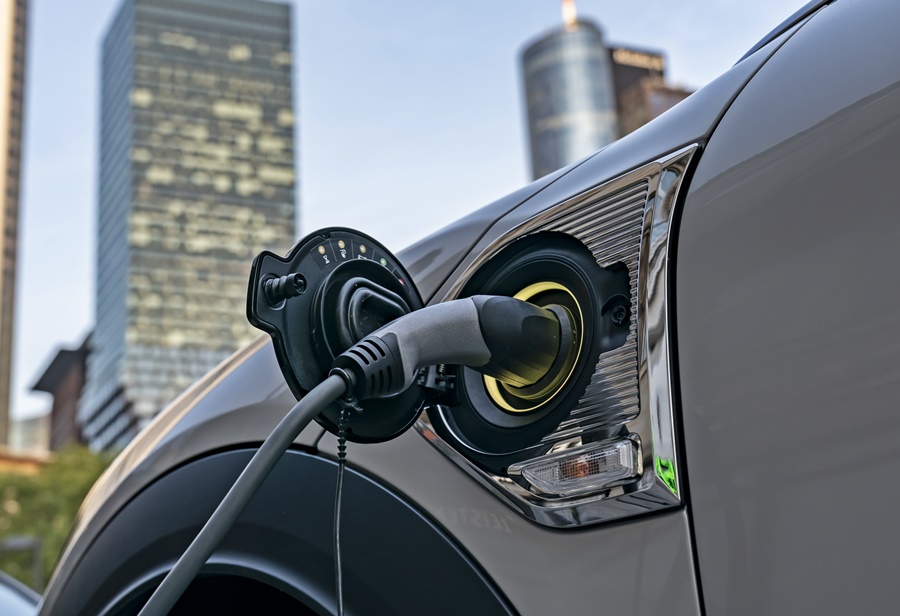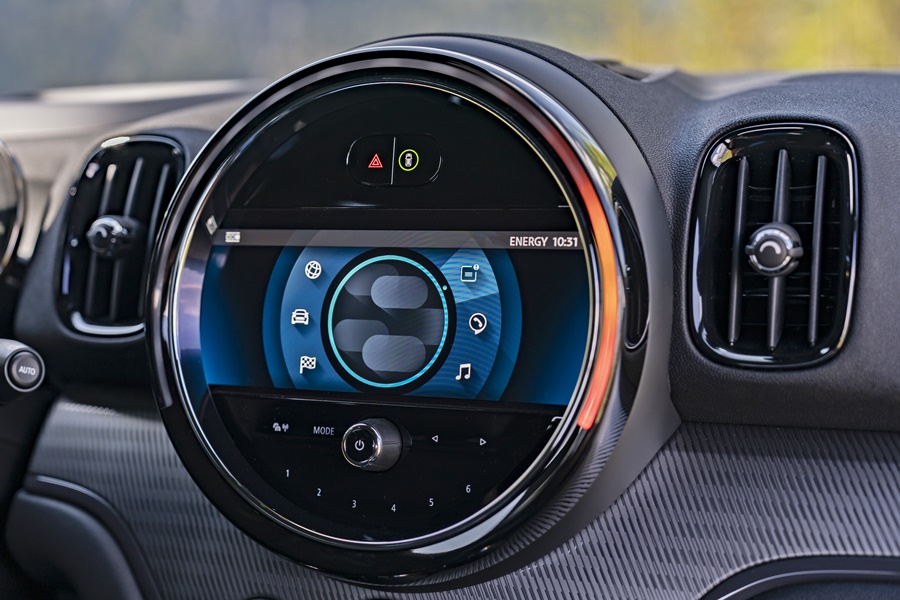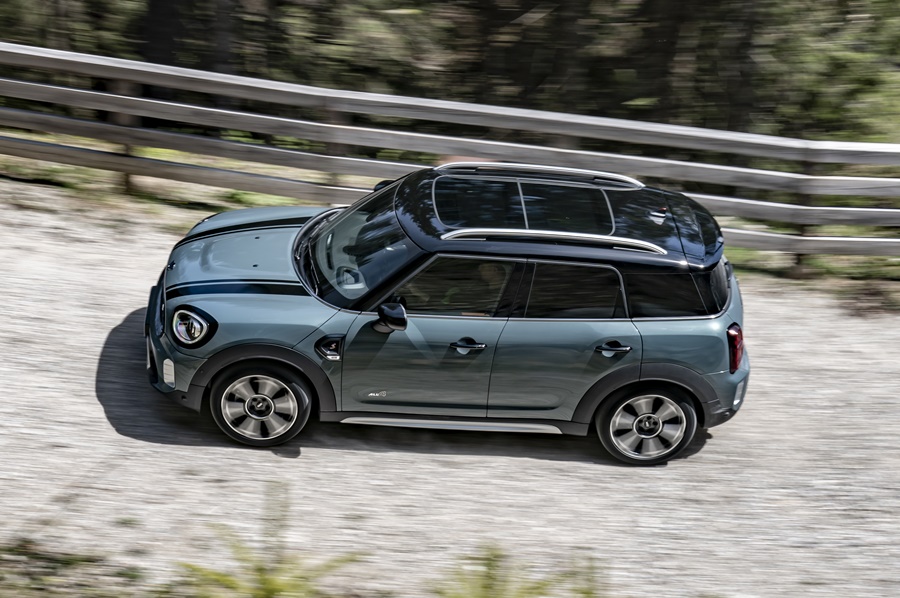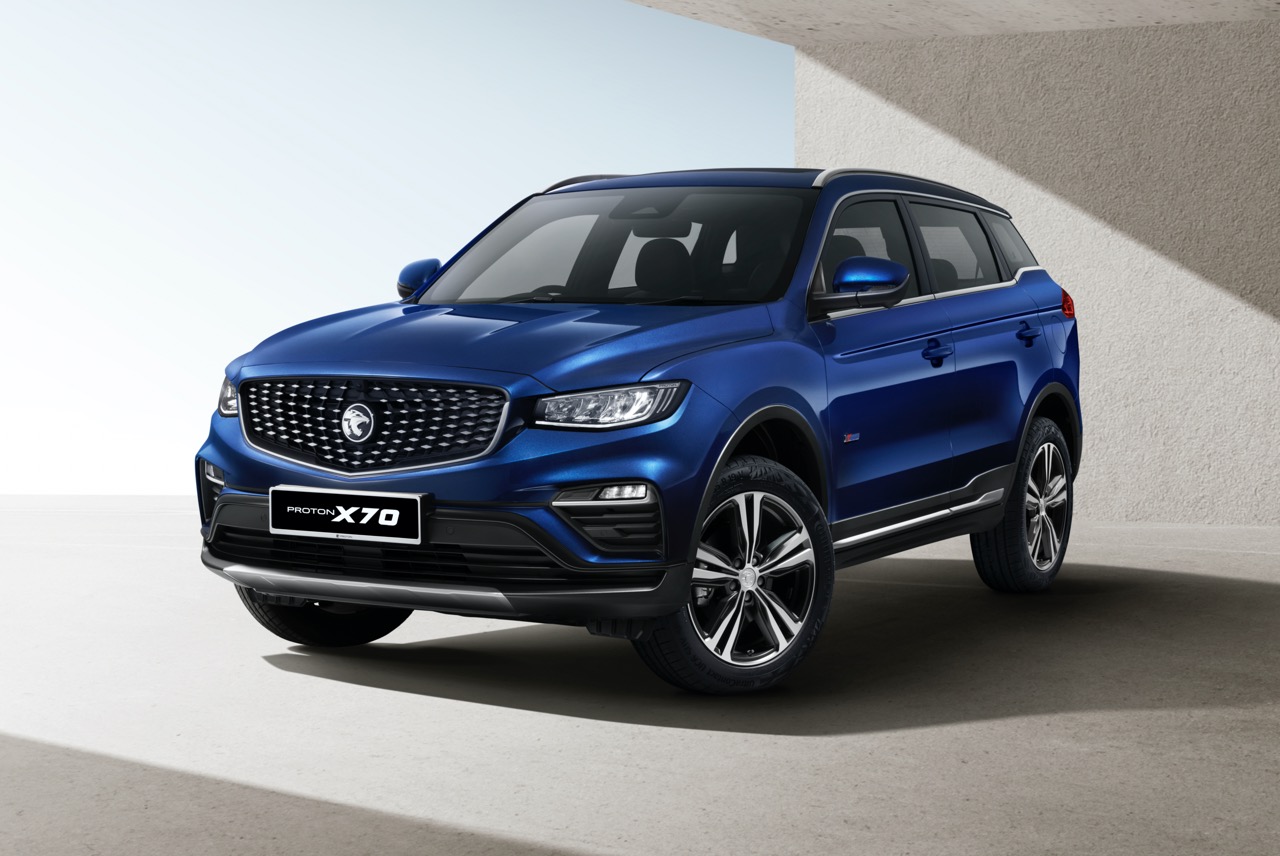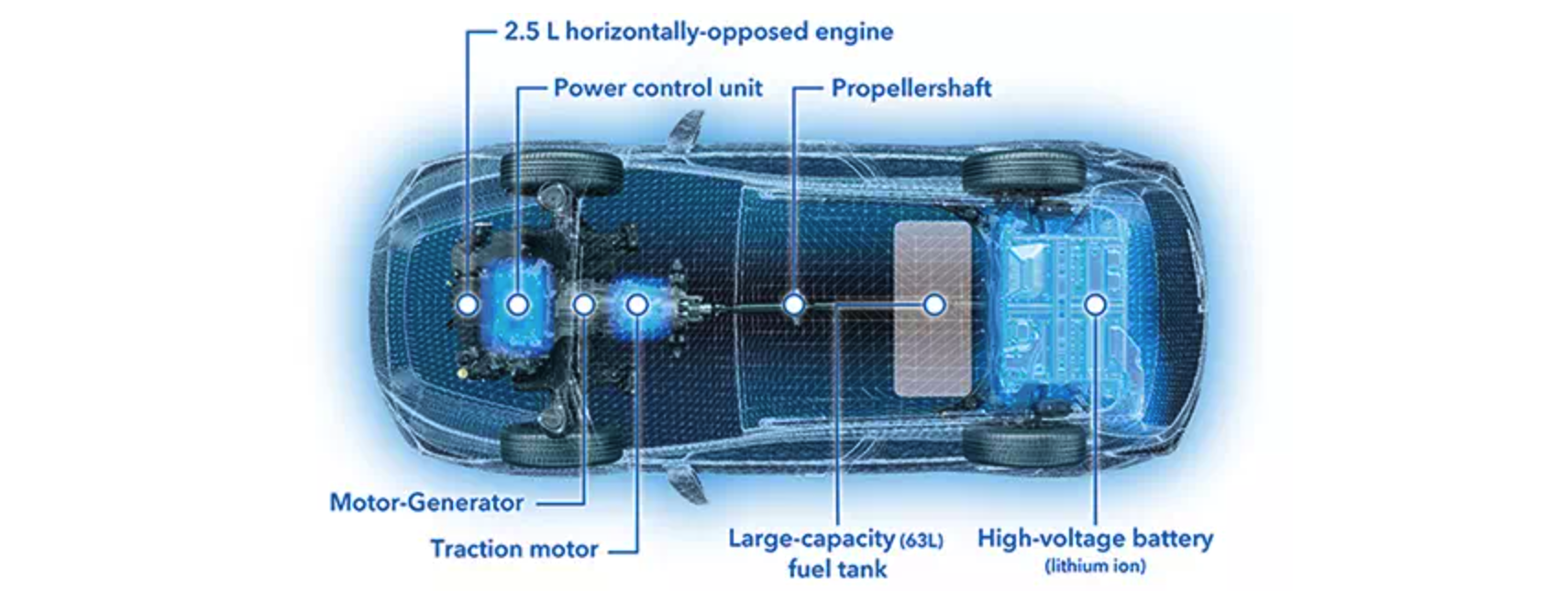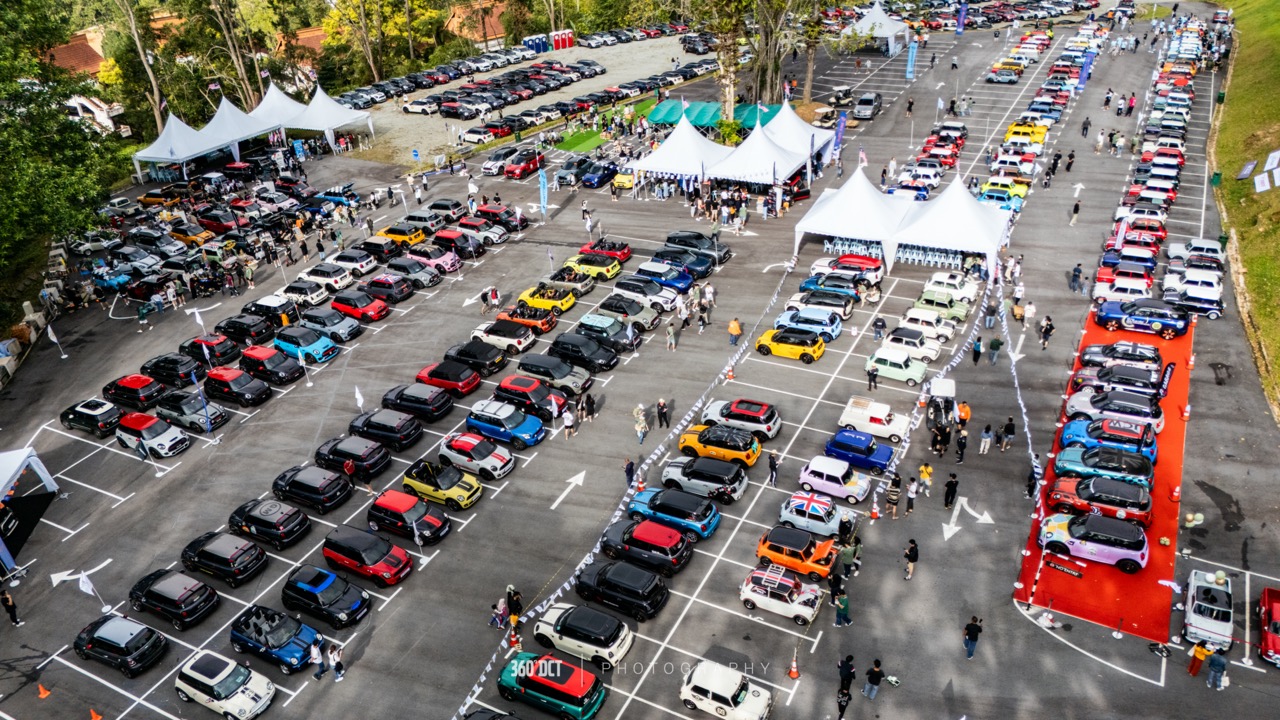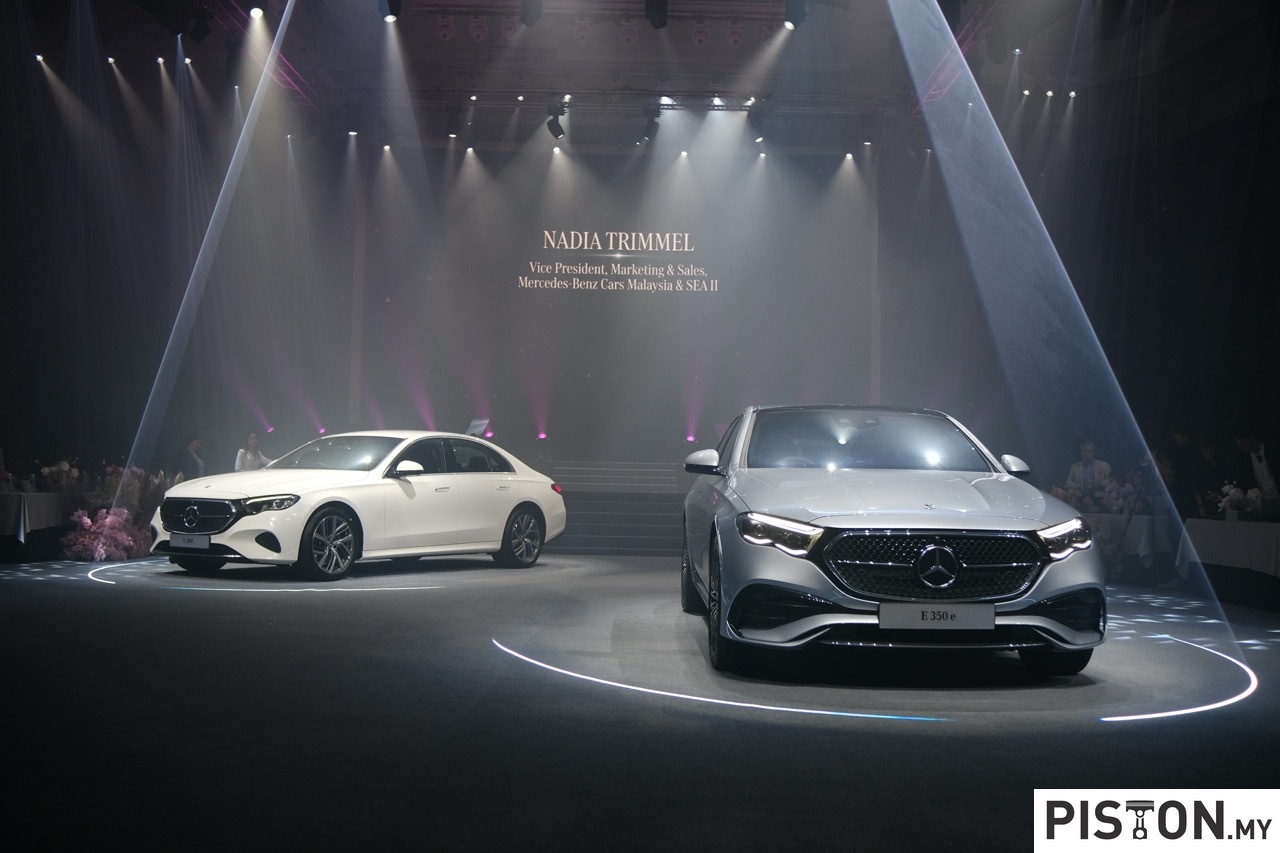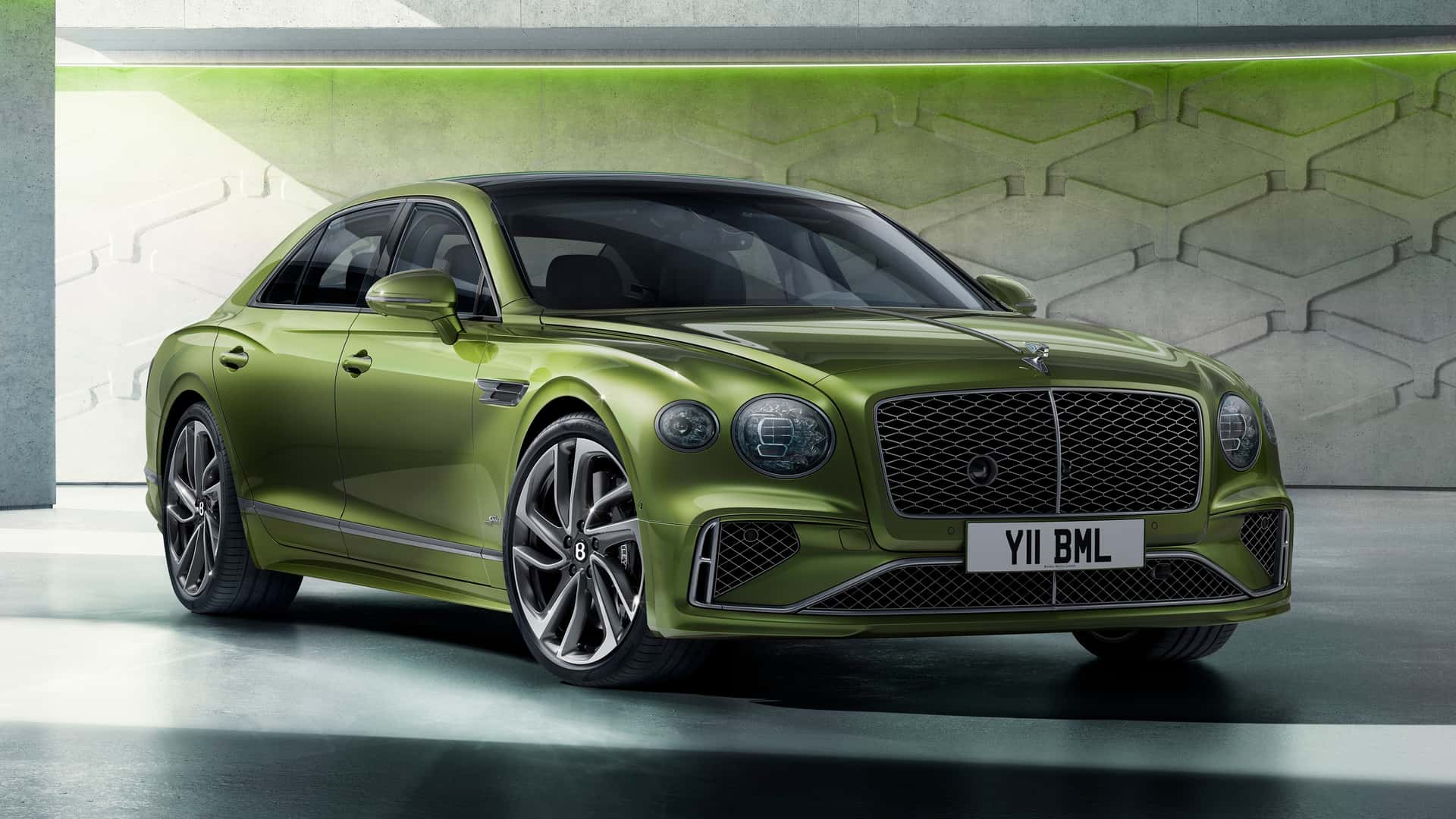With the public transport system yet to be efficient, reliable and appealing enough to attract more users, Malaysians remain car-dependent, resulting in one of the highest car ownership rates in Southeast Asia. A new survey conducted by the BMW Group in Southeast Asia reveals just how car-dependent Malaysian drivers are, with 85% of respondents indicating that they drive every one to three days – either commuting to and from the office (74%), run daily errands (65%), or travel on the weekends (36%).
Encouragingly, 8 out of 10 of Malaysian drivers also wish to see more electric vehicles (EVs) on the road, with the hope of contributing to a more environmentally conscious world – not to mention save on fuel costs. Reduced carbon emissions (72%), cost savings from using electricity instead of petrol (49%) and a more premium experience (40%) are just some of the key benefits cited by drivers who see the merits of electrification of motor vehicles.
Nevertheless, misconceptions on EVs remain and, at this time, more than half of the Malaysian drivers surveyed say that they will still likely choose a petrol vehicle (59%) for their next purchase. Some common concerns raised were the electric range of EVs, the maintenance costs, as well as the difficulty in keeping their EVs charged. Specifically, 33% of respondents believe that EVs can only travel up to 100 kms before requiring a recharge; another 41% expect EVs to be more expensive to service or maintain over a period of 10 years; while 29% believe that charging EVs would be ‘difficult’.
Valid as they are for any prospective EV owner, these are the concerns of yesterday. As exemplified by BMW i’s pioneering progress in electrified mobility over the years, the technology surrounding EVs and the ecosystem developed to support them have come a long way. With the arrival of the latest BMW i fleet, as well as the expansion of the BMW i public charging network, Malaysians can be more confident switching to EVs.
“It is encouraging to see the level of awareness and excitement around sustainable mobility, and that Malaysian drivers see EVs as the gateway to a more premium driving experience. Being the pioneer of electrified mobility in Malaysia and having been in the field since 2015, we have observed how Malaysian drivers are receptive and even enthusiastic about transitioning to EVs but remain concerned about key issues surrounding it – all of which we have been actively working to alleviate,” said Hans de Visser, Managing Director of BMW Group Malaysia.
He added: “In addition to introducing the best that we have to offer with the latest fleet of vehicles from BMW i, we have also been proactively developing our infrastructure for charging the vehicles. With these initiatives, there is also an opportunity to change the perception of prospective EV owners in Malaysia on the significant advancements made and that an electric future for the passenger vehicle market in Malaysia is closer than they think. In the end, it is about helping Malaysians realise that they now have a greater Power of Choice to adopt a more sustainable way of mobility.”
The latest EVs from BMW i tackle many of the past and current concerns Malaysians have towards adopting EVs. According to the survey, a significant number of them (39%) have the perception that EVs can only travel up to 100 kms before needing to recharge. That’s an out-of-date number and with BMW i models, the maximum range can be as much as 425 kms. With the premise that most Malaysians travel up to 20 km daily at most, recharging would thus be only necessary roughly once every two to three weeks. That range would also make it possible to go from the Klang Valley to Johor Bahru too, without recharging.
Another perception is around the difficulty of charging EVs – with 29% of Malaysians surveyed believing that the process of charging an EV can prove troublesome. However, in many ways, charging a BMW i vehicle would not be disruptive, partly due to its sufficient electric range allowing for less frequent charging. Additionally, a BMW i Wallbox can be installed at home for overnight charging.
The latest BMW i vehicles are also compatible with DC fast-charging, which BMW Group Malaysia has begun to deploy across its dealership network, public spaces and on the highways, in collaboration with its premium partners. Fast-charging shortens recharging time, so the wait is shorter.
On the misconception that EVs are more expensive to service and maintain – a view held by 41% of survey respondents – EVs actually cost less in this regard, due to having fewer components in the vehicle that require servicing. Components and elements, such as engine oil, sparkplugs and air filters, are absent in an EV.
Aside from this, the woes of battery replacements are also mitigated due to the modular nature of the lithium-ion battery packs at the heart of every electrified BMW. With multiple modules making up the battery pack, the cost of replacement is greatly reduced as owners need to replace only the faulty module, not the entire battery pack.
Further peace of mind is also ensured courtesy of substantial warranty programmes, such as the BMW 5-year Unlimited Mileage Warranty with Free Scheduled Service, and the BMW 8-year/160,000 km Battery Warranty. In fact, the survey revealed battery warranty as a motivation to adopt EVs for 39% of Malaysian drivers, while good aftersales support makes up 35%.
Another key motivator is the level of support Malaysians have from the government, as expressed by 45% of respondents. The Energy Efficient Vehicles (EEV) incentive in the Malaysian automotive policy has encouraged BMW to assemble plug-in hybrid (PHEV) models locally and this year, full duty exemption for EVs is a very welcome development that will narrow the gap in pricing between EVs and traditional vehicles.
“Increased support and confidence from key players in the industry will play a significant role in getting Malaysian drivers comfortable with making the switch over the next few years. As a market leader and pioneer in the Electric Vehicle space, we are committed to delivering innovation that will truly make a change in the Malaysian automotive landscape, while continuing to deliver Sheer Driving Pleasure,” Mr. de Visser said.
BMW Group Malaysia moves into next phase of electrification with new BMW i model range





